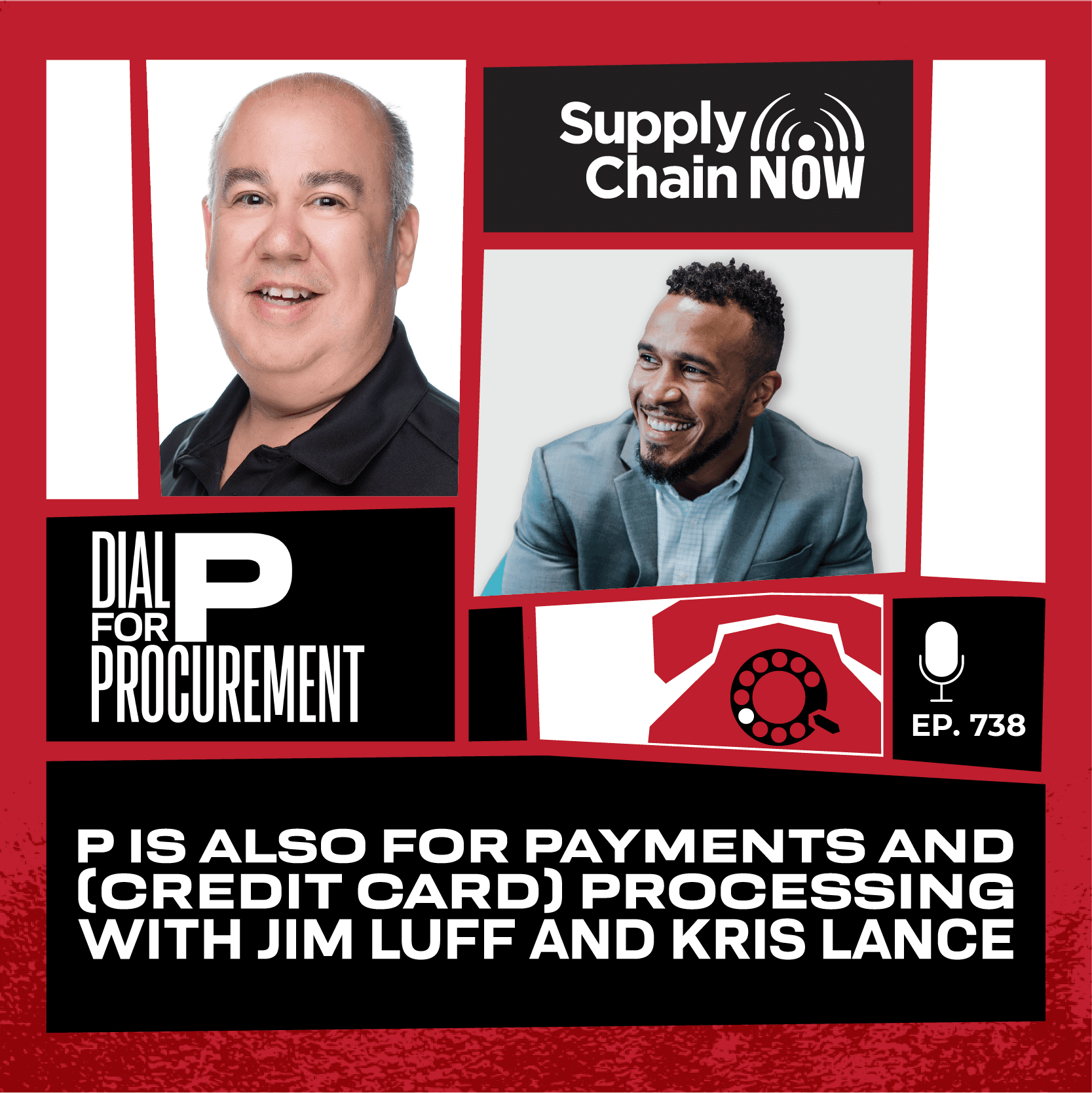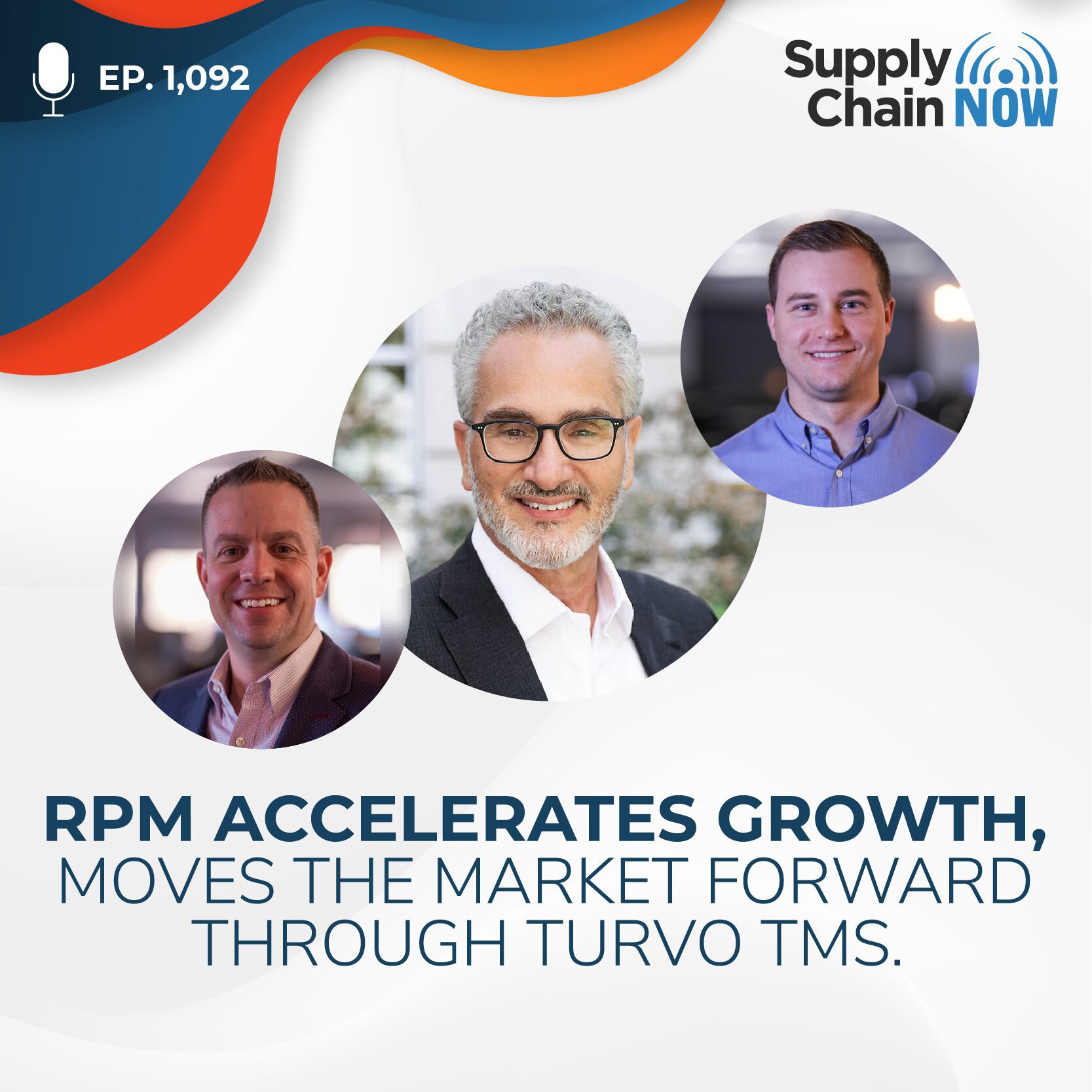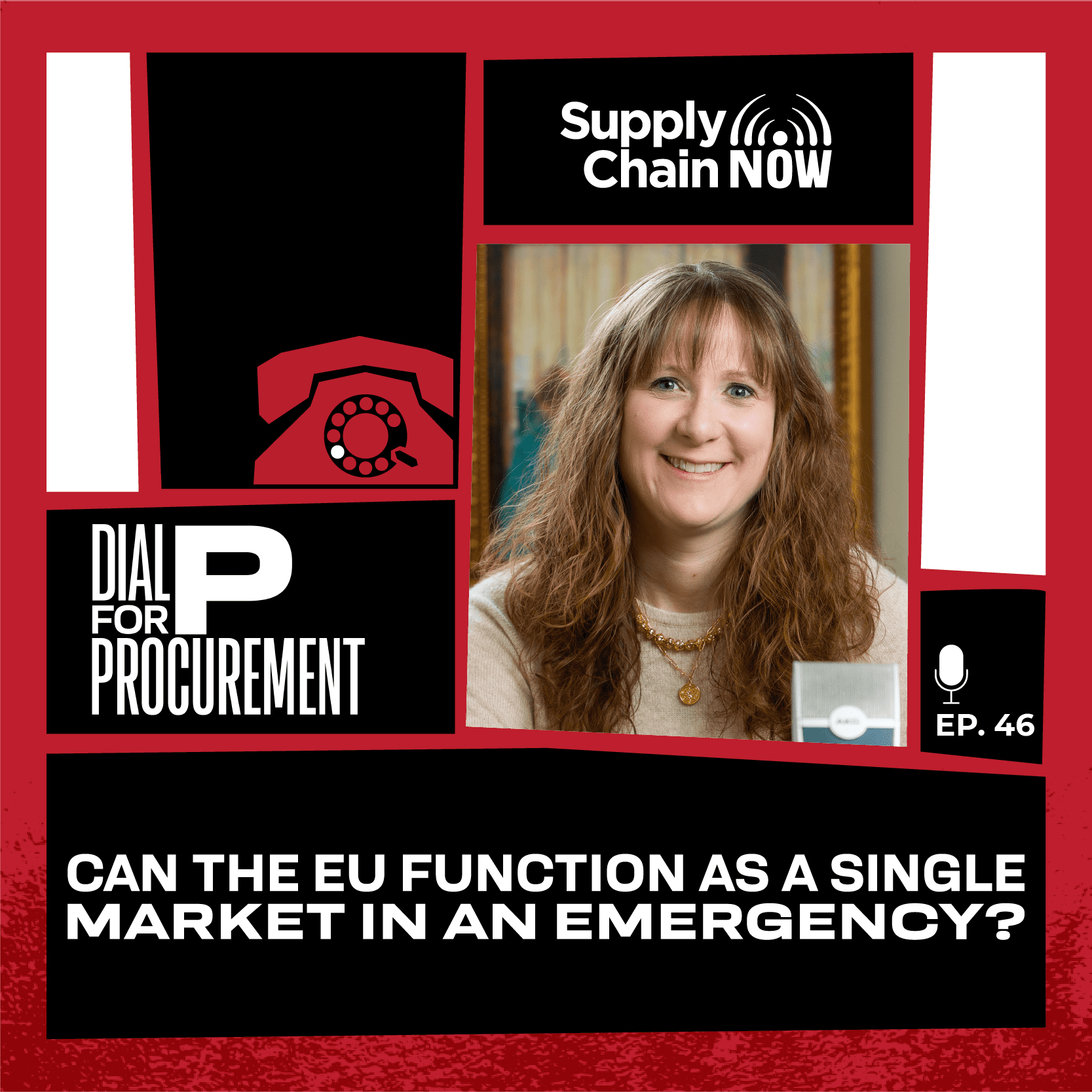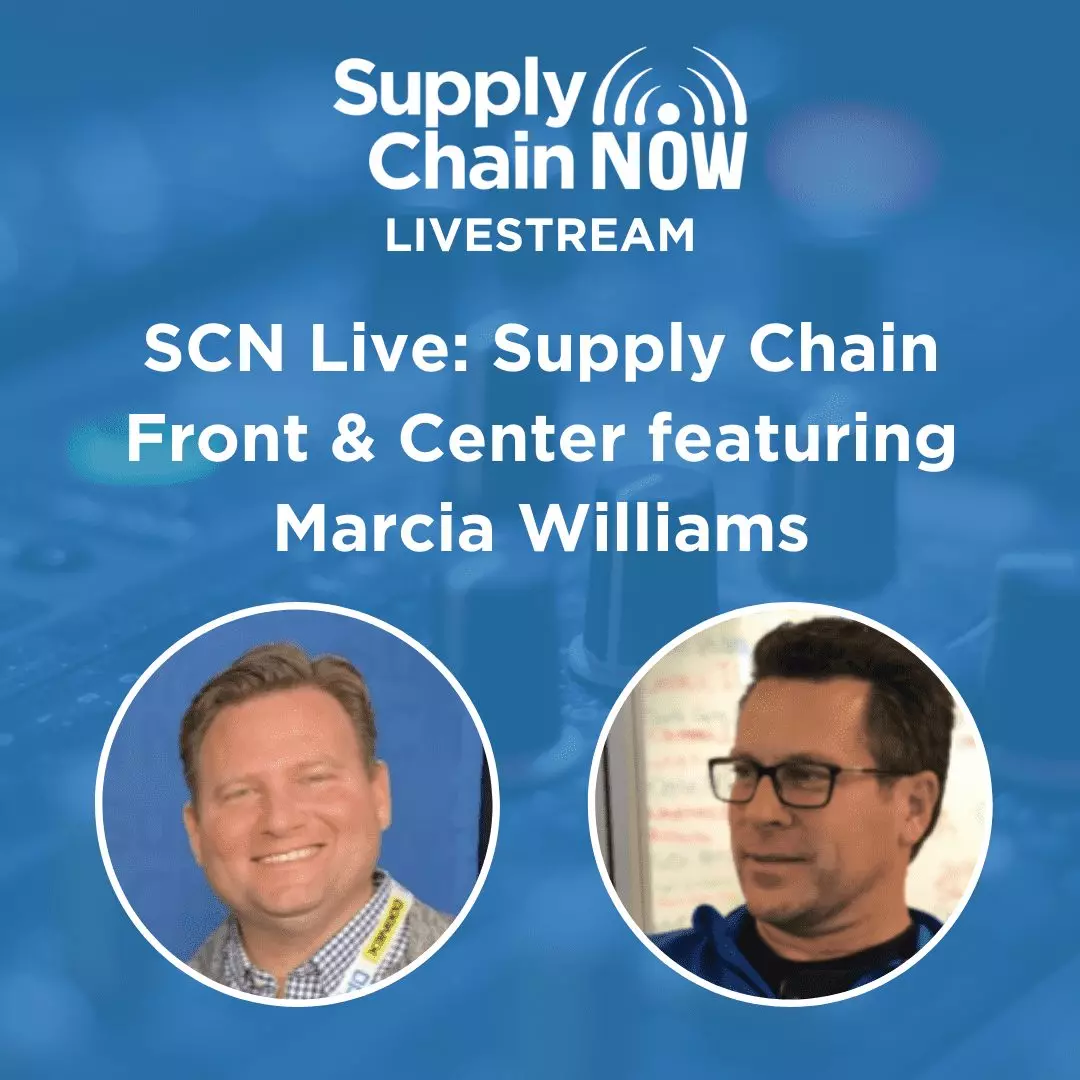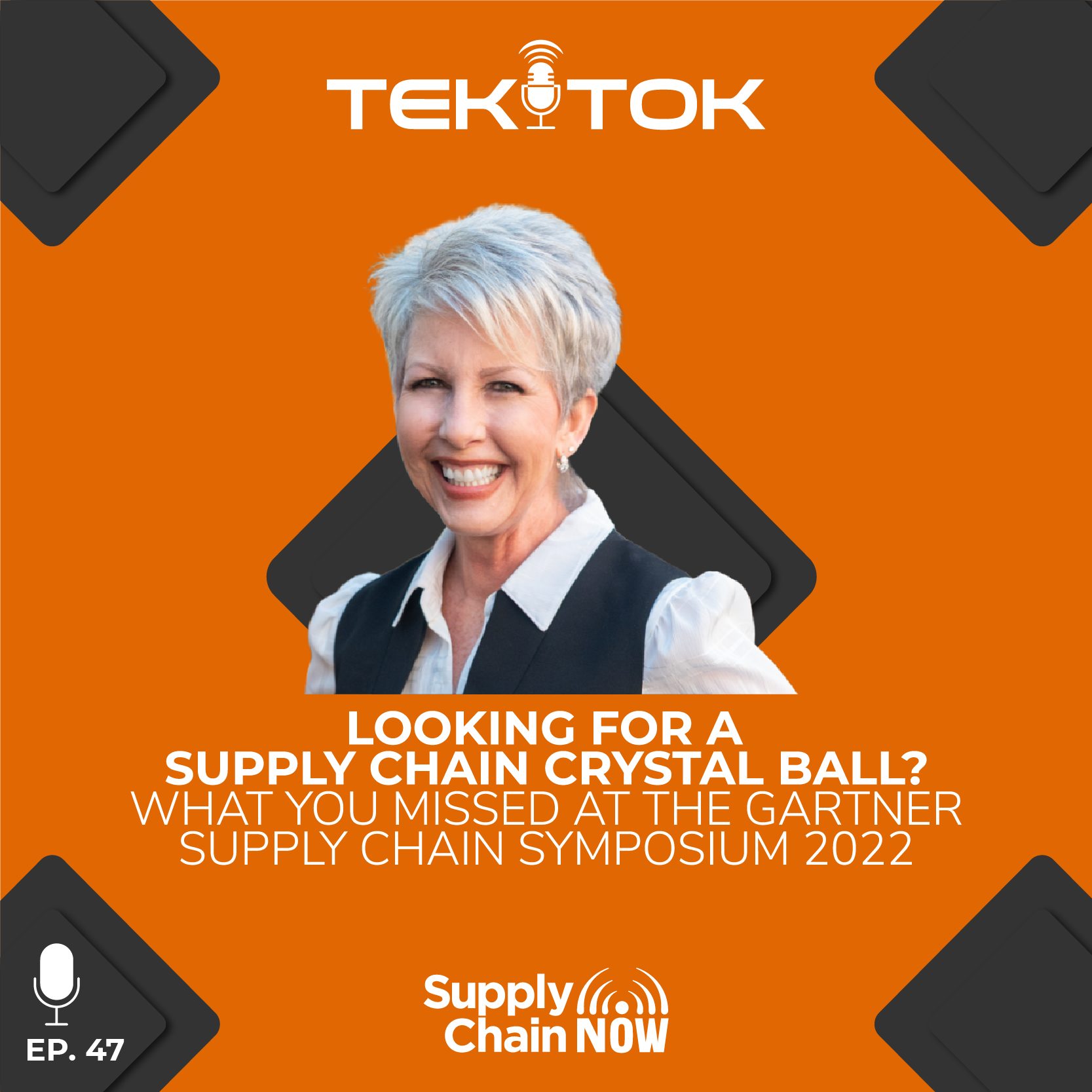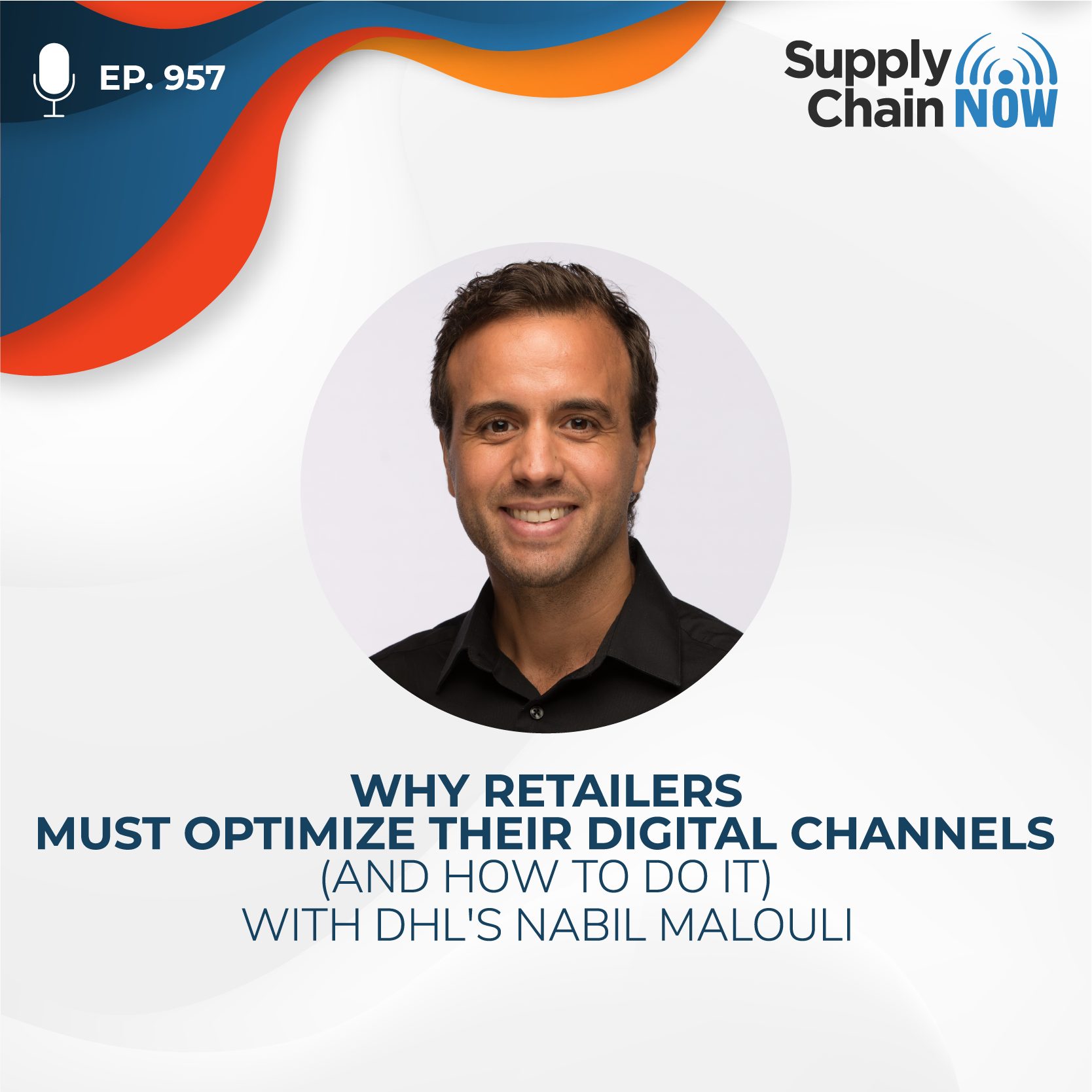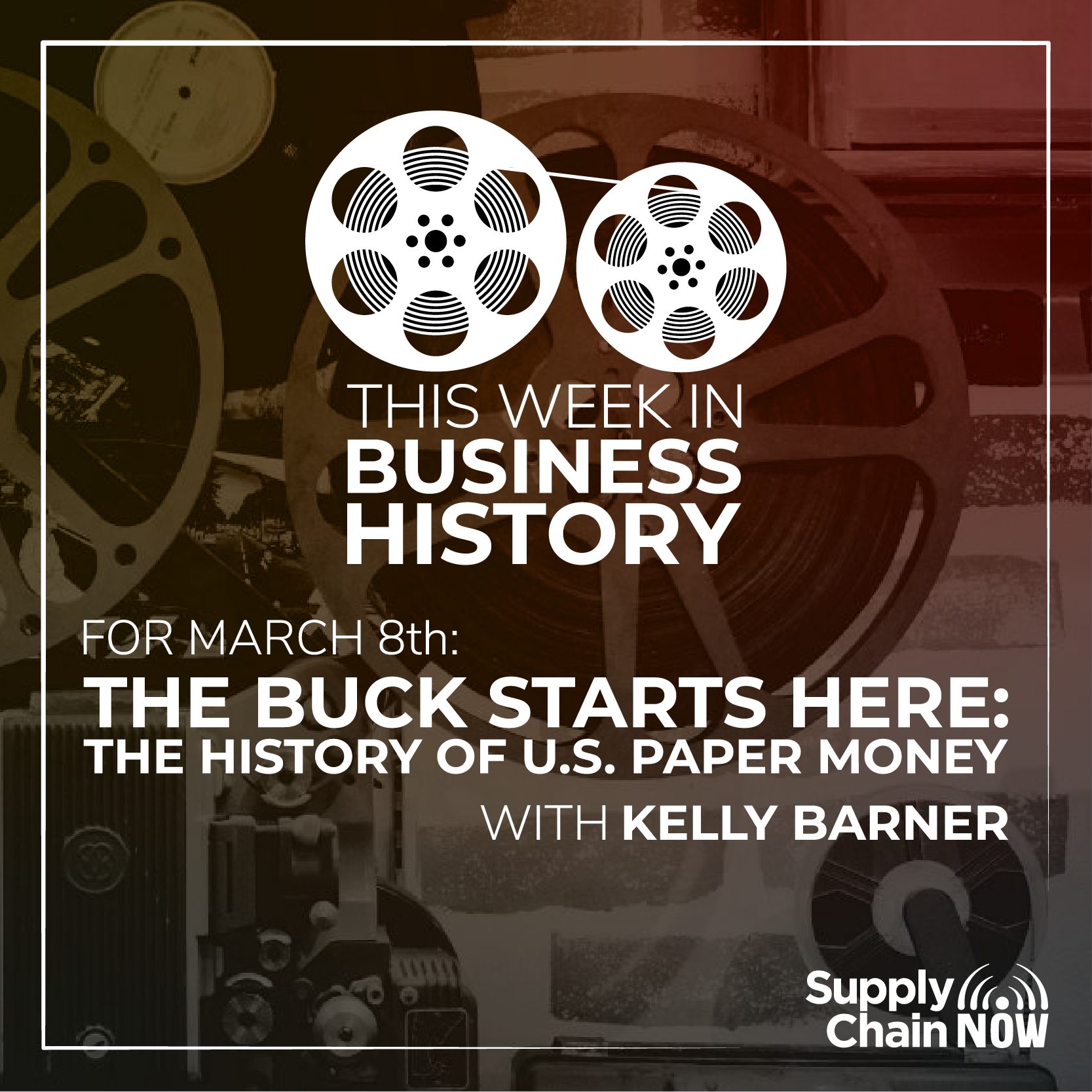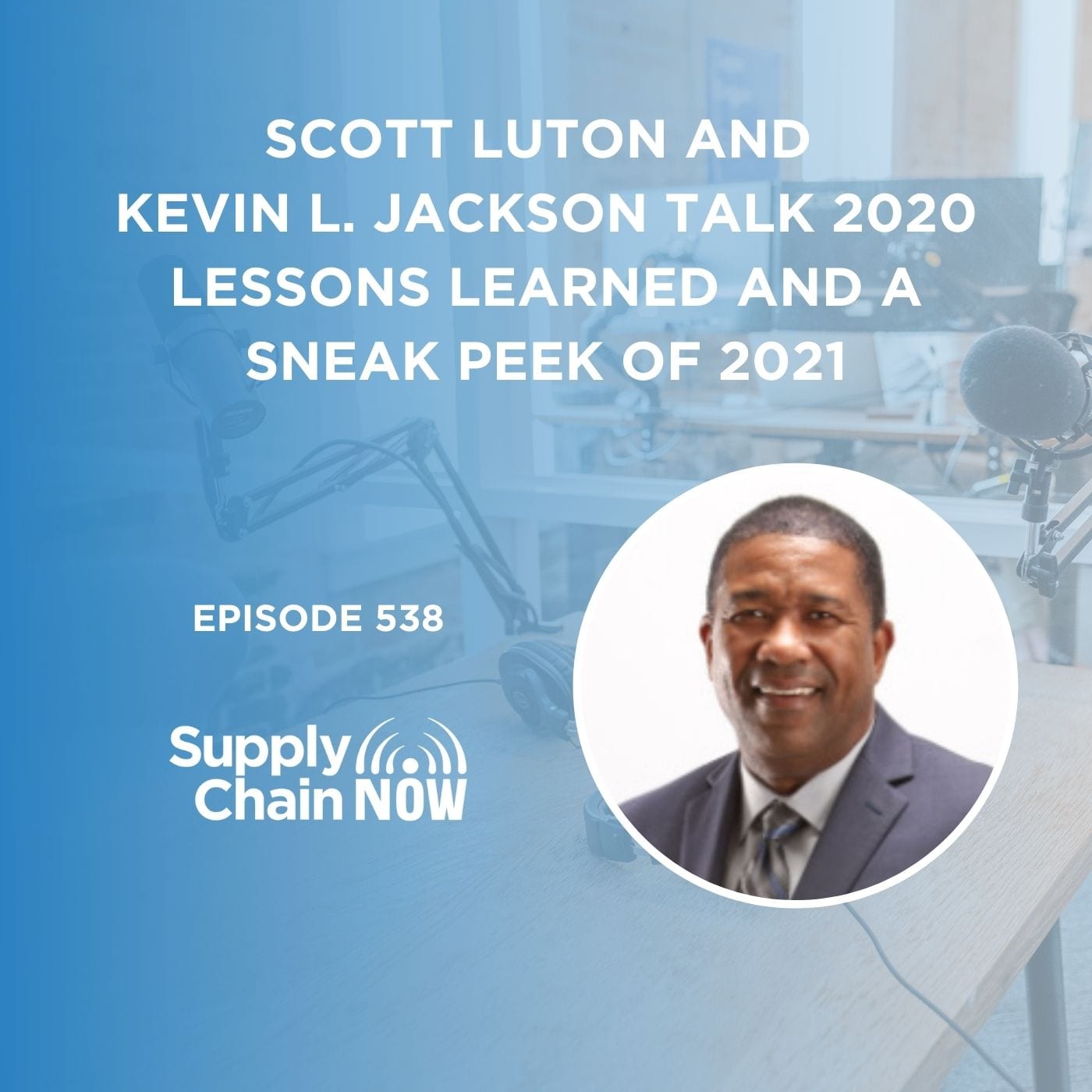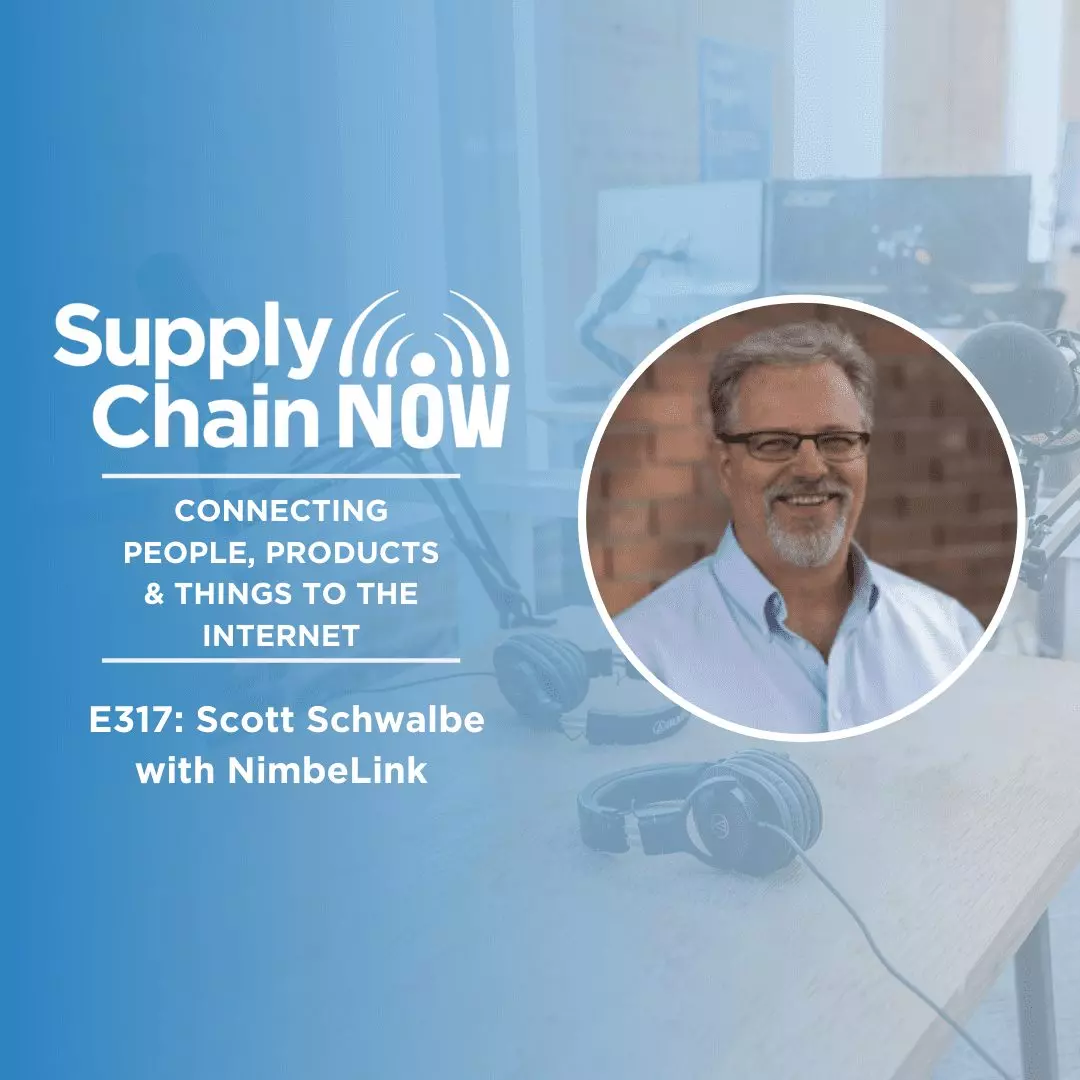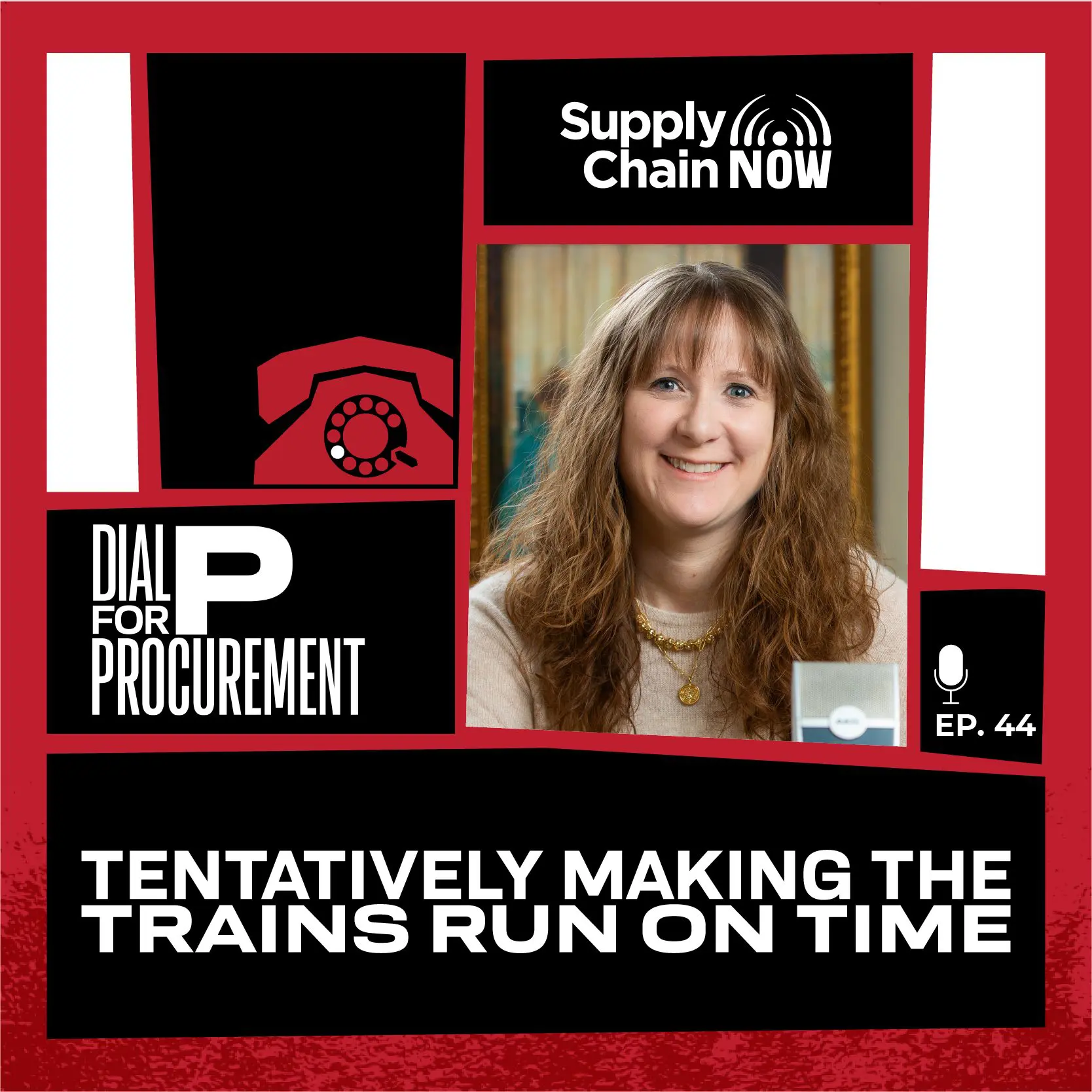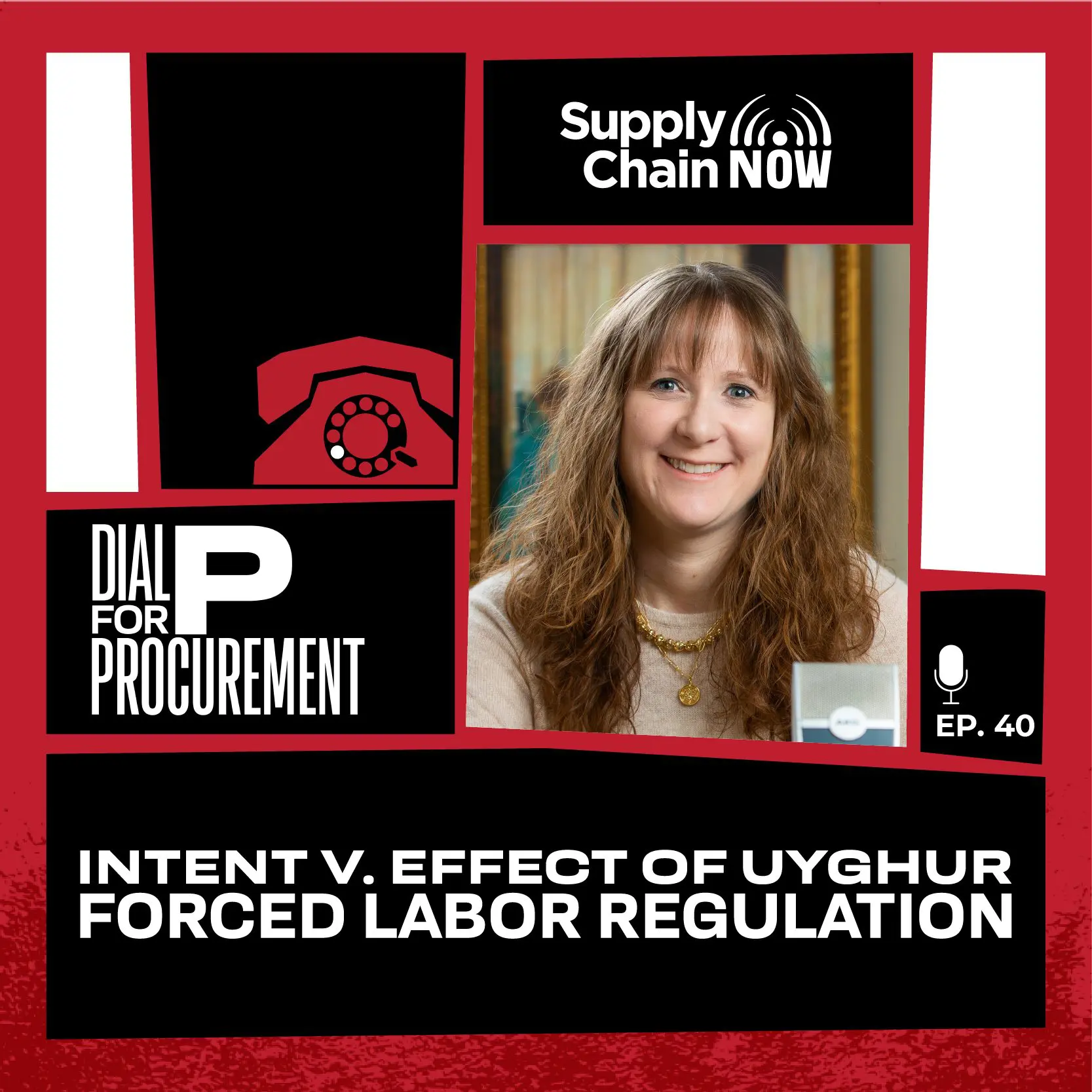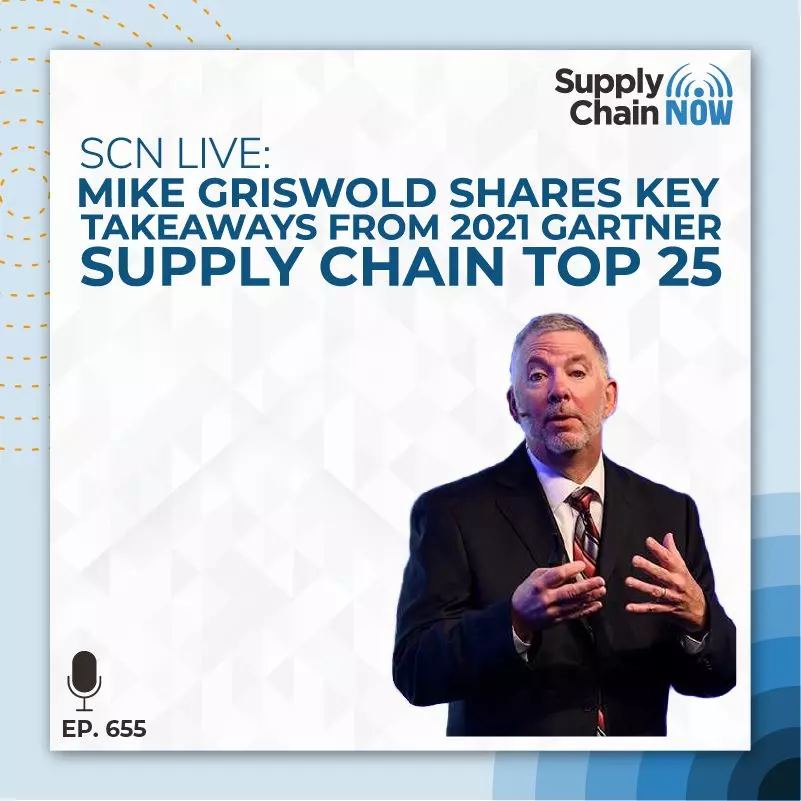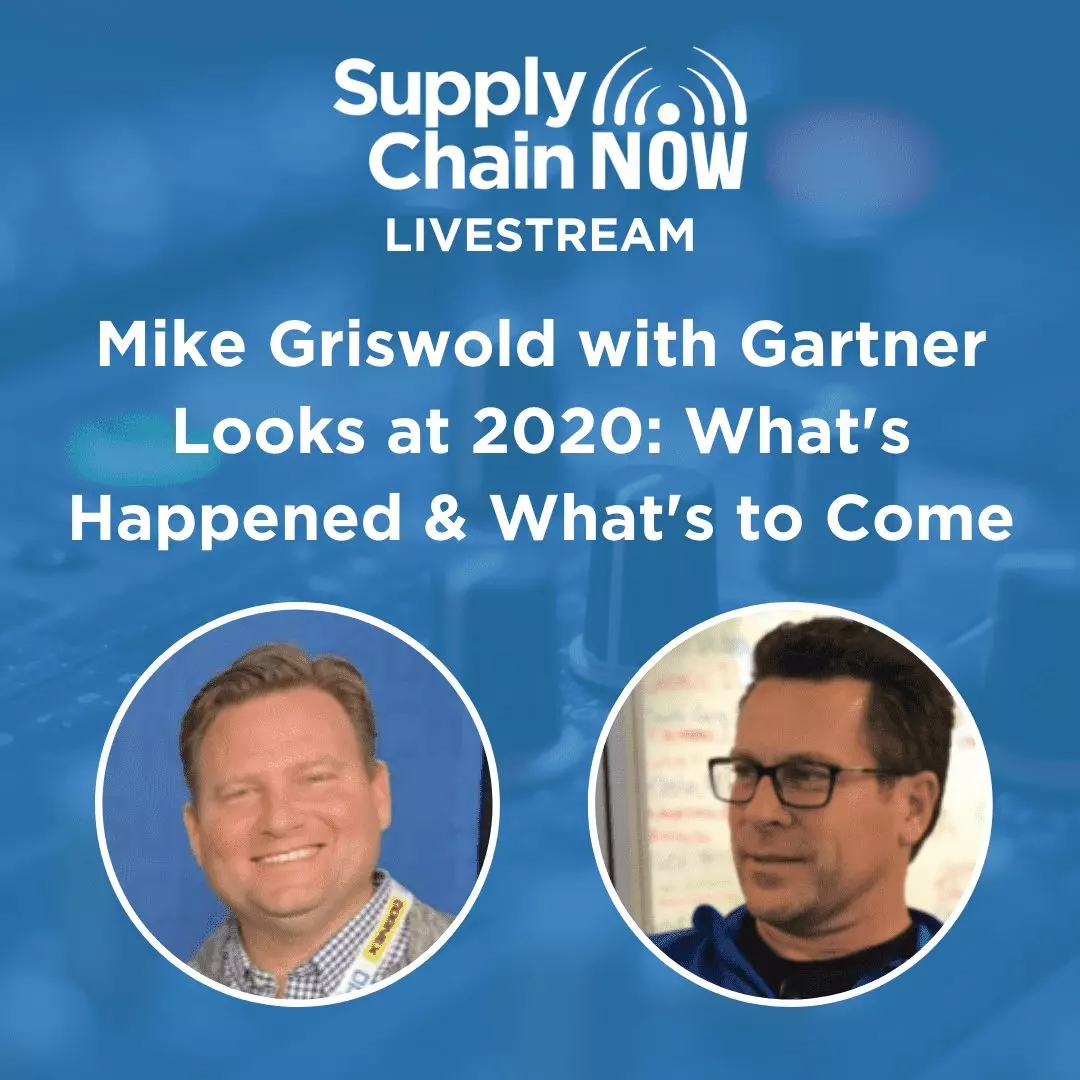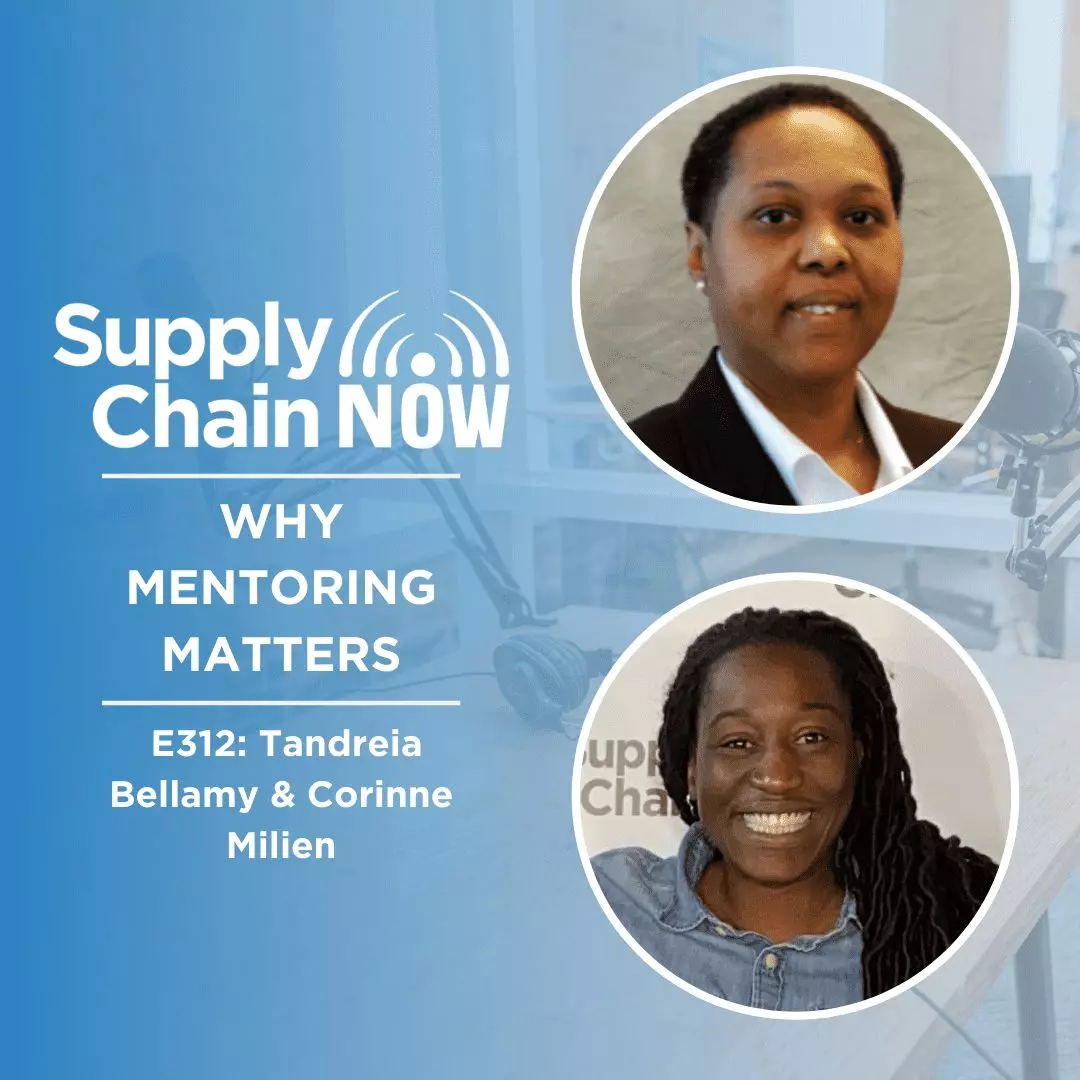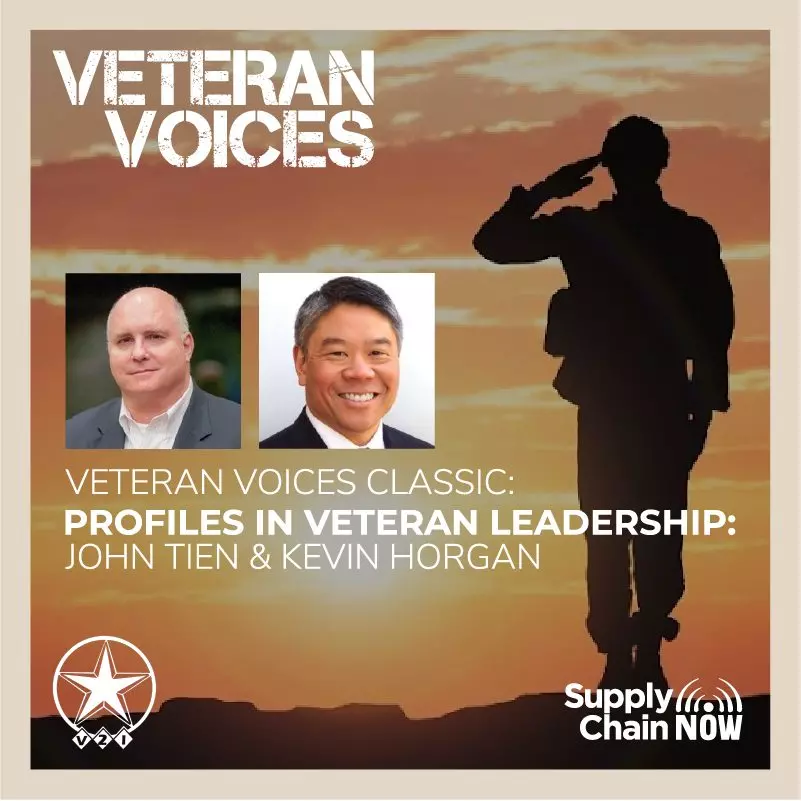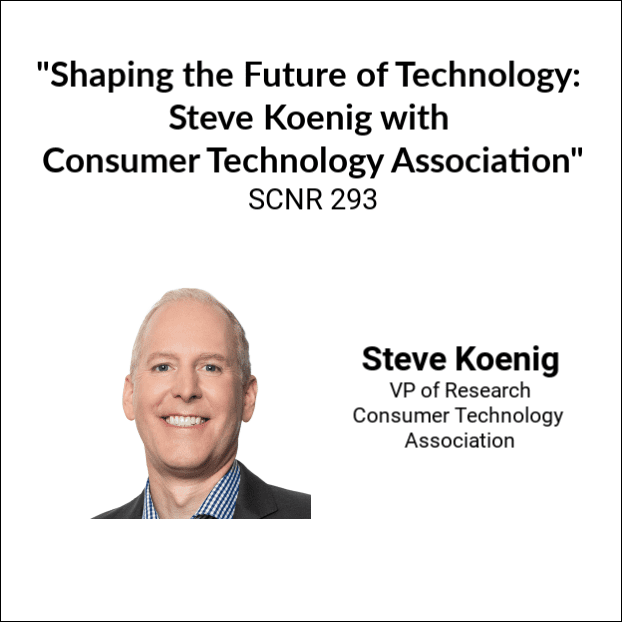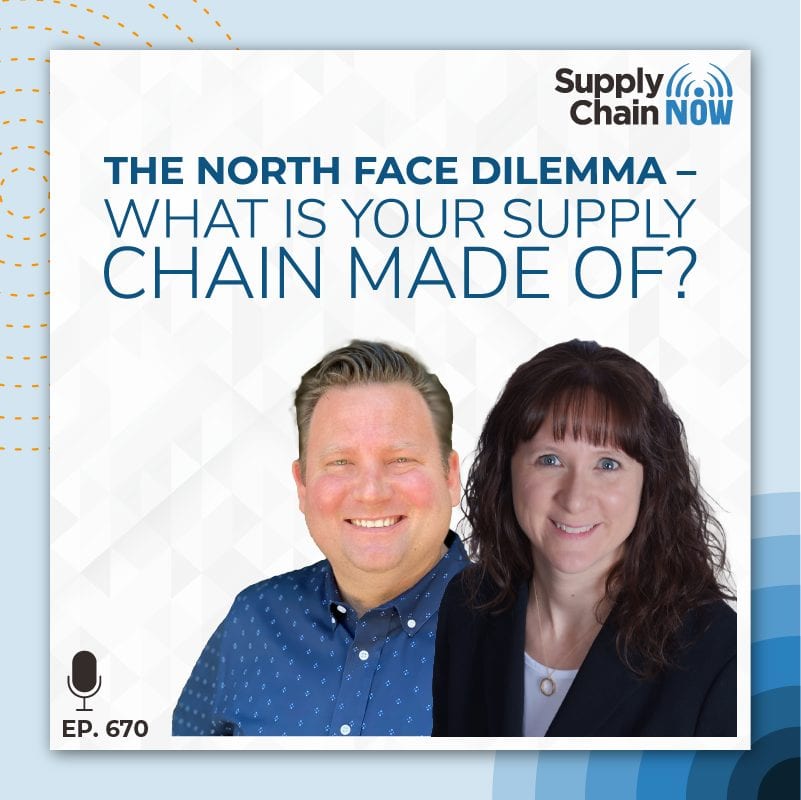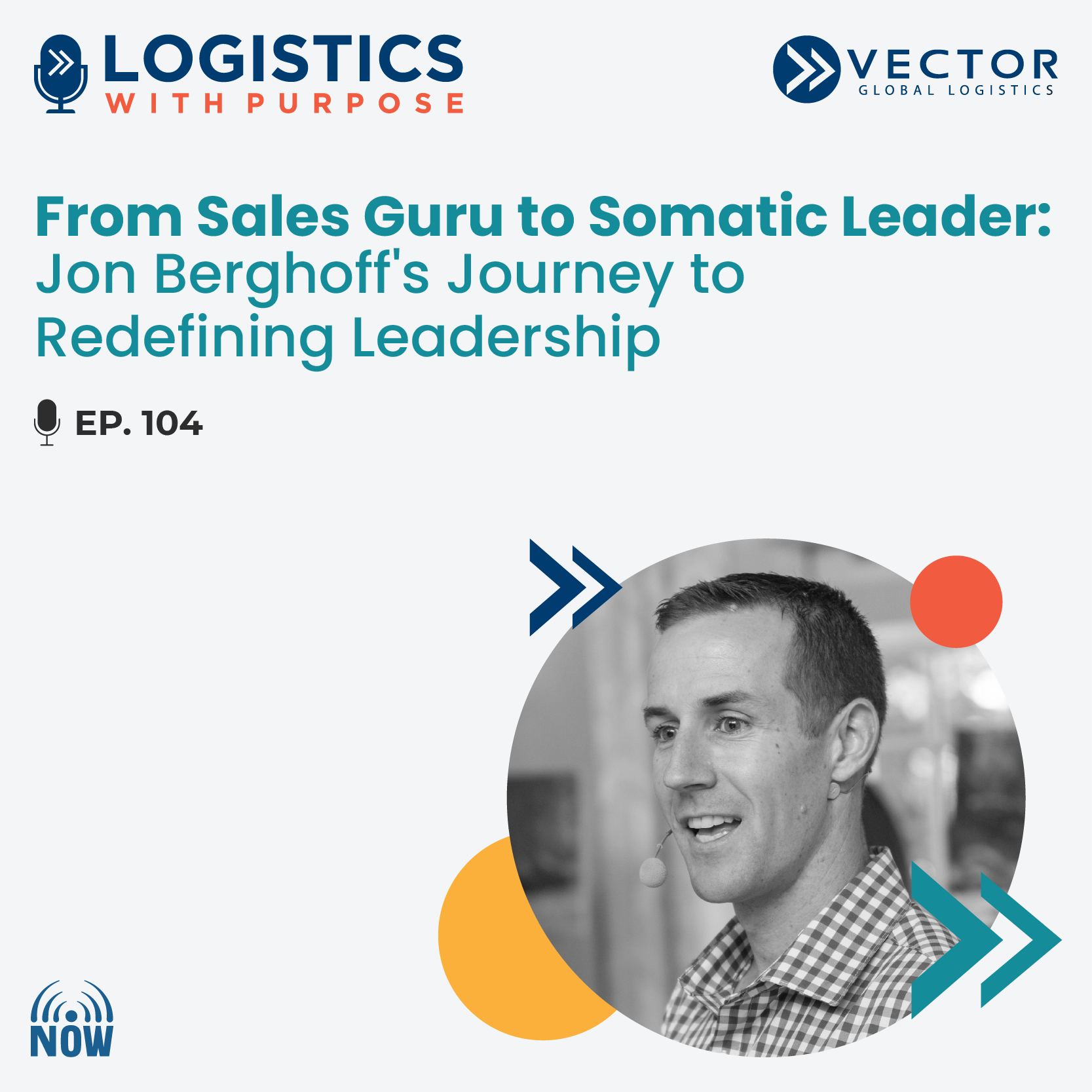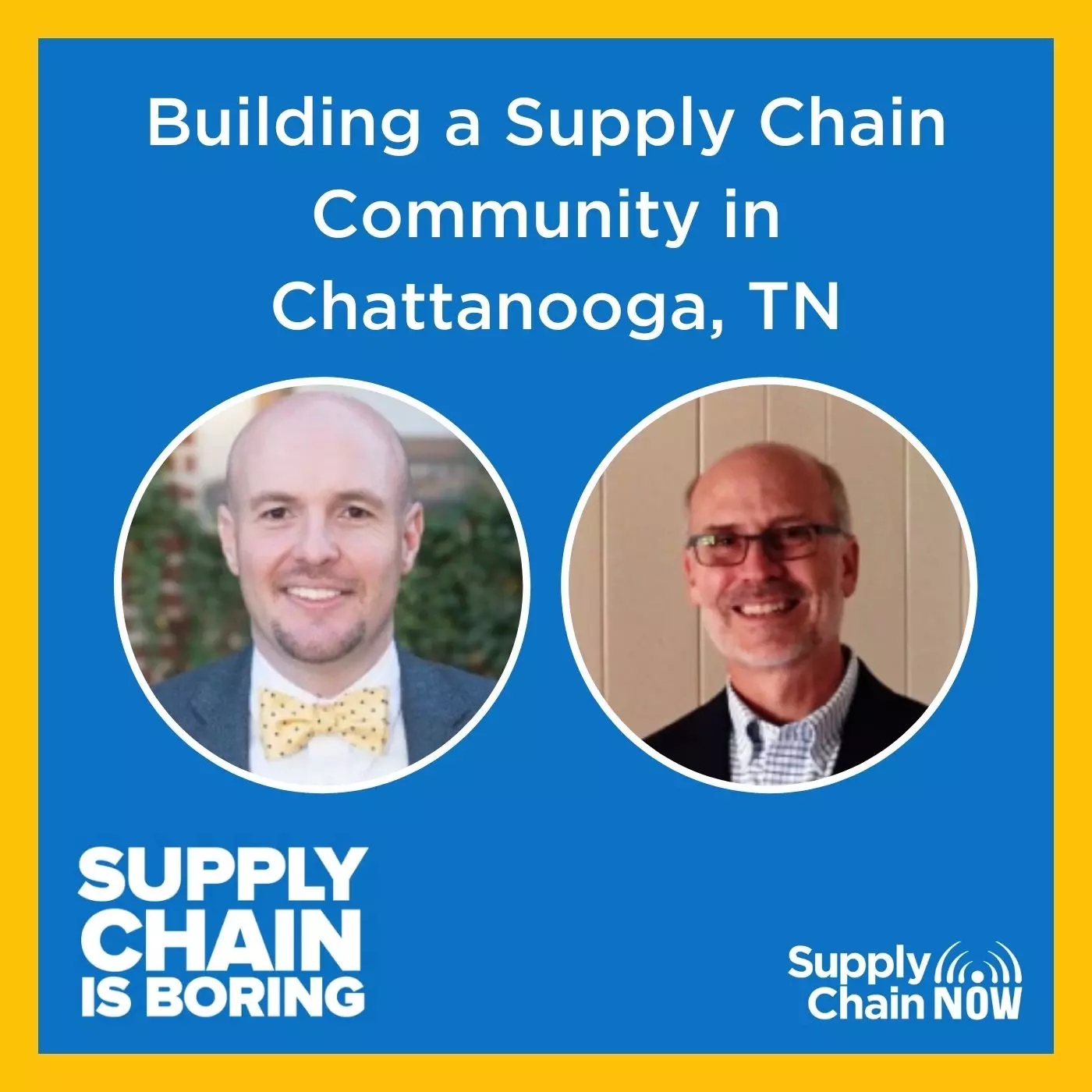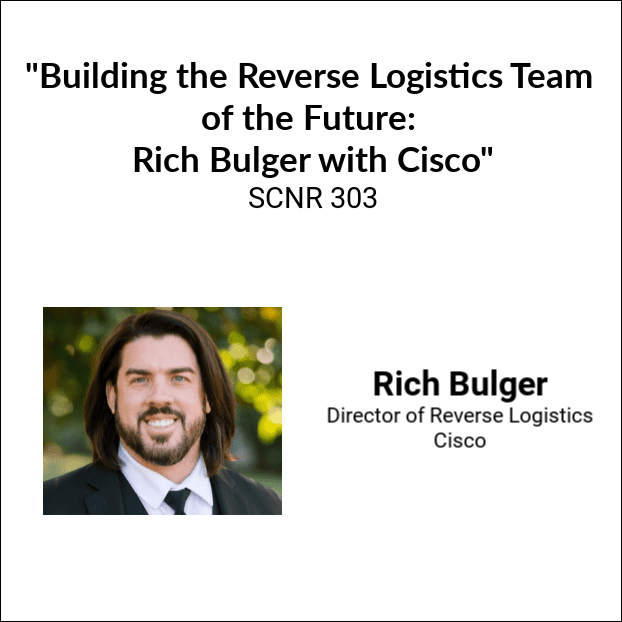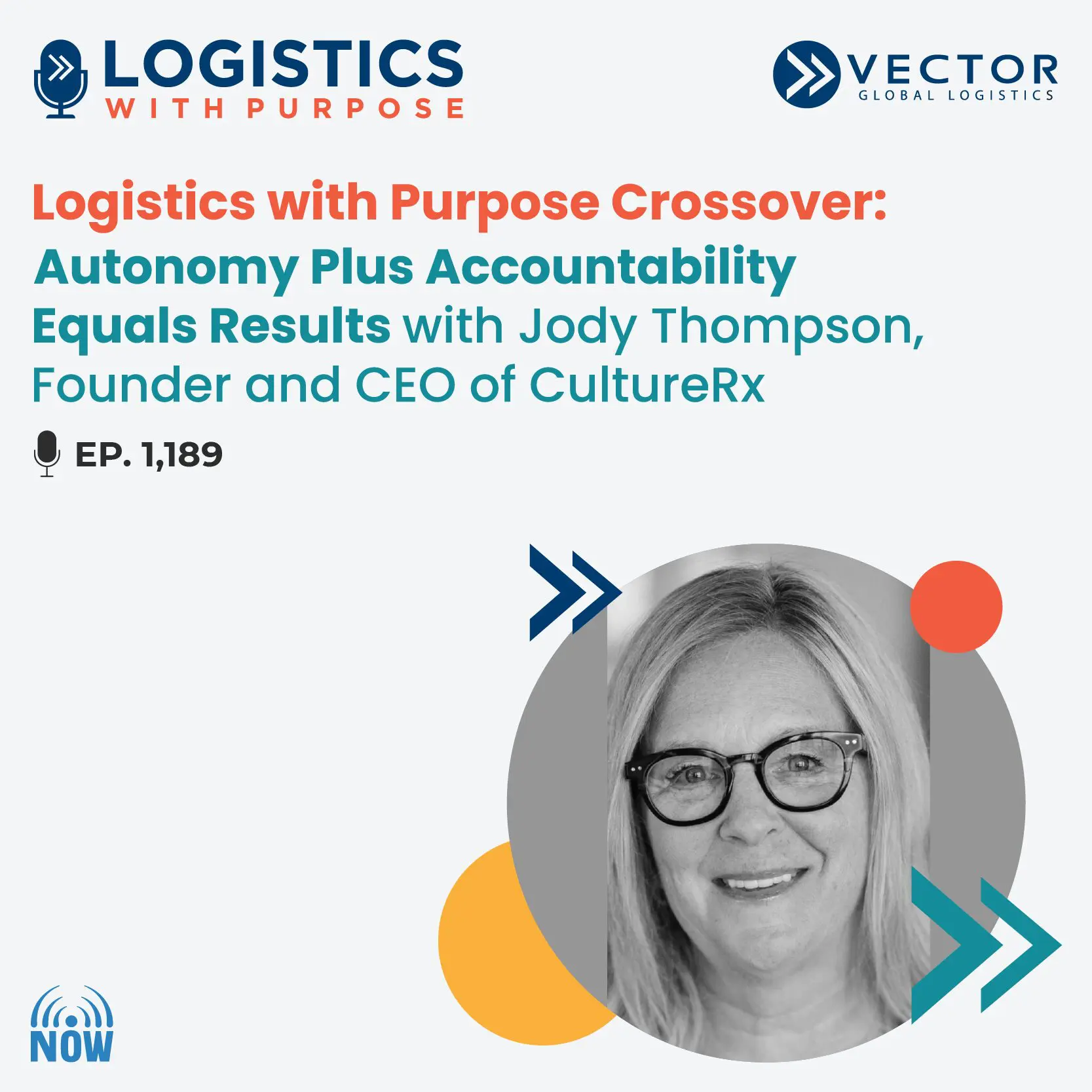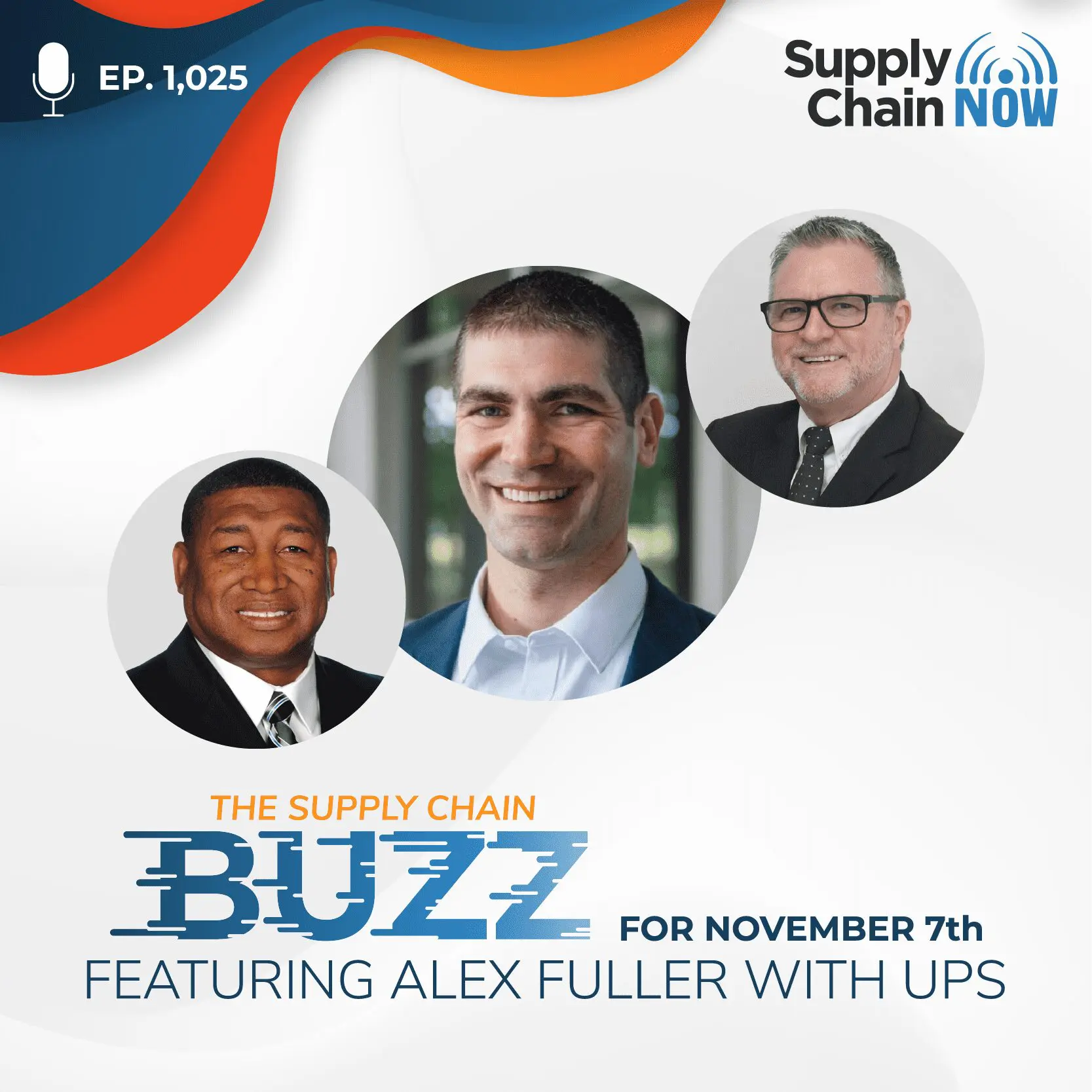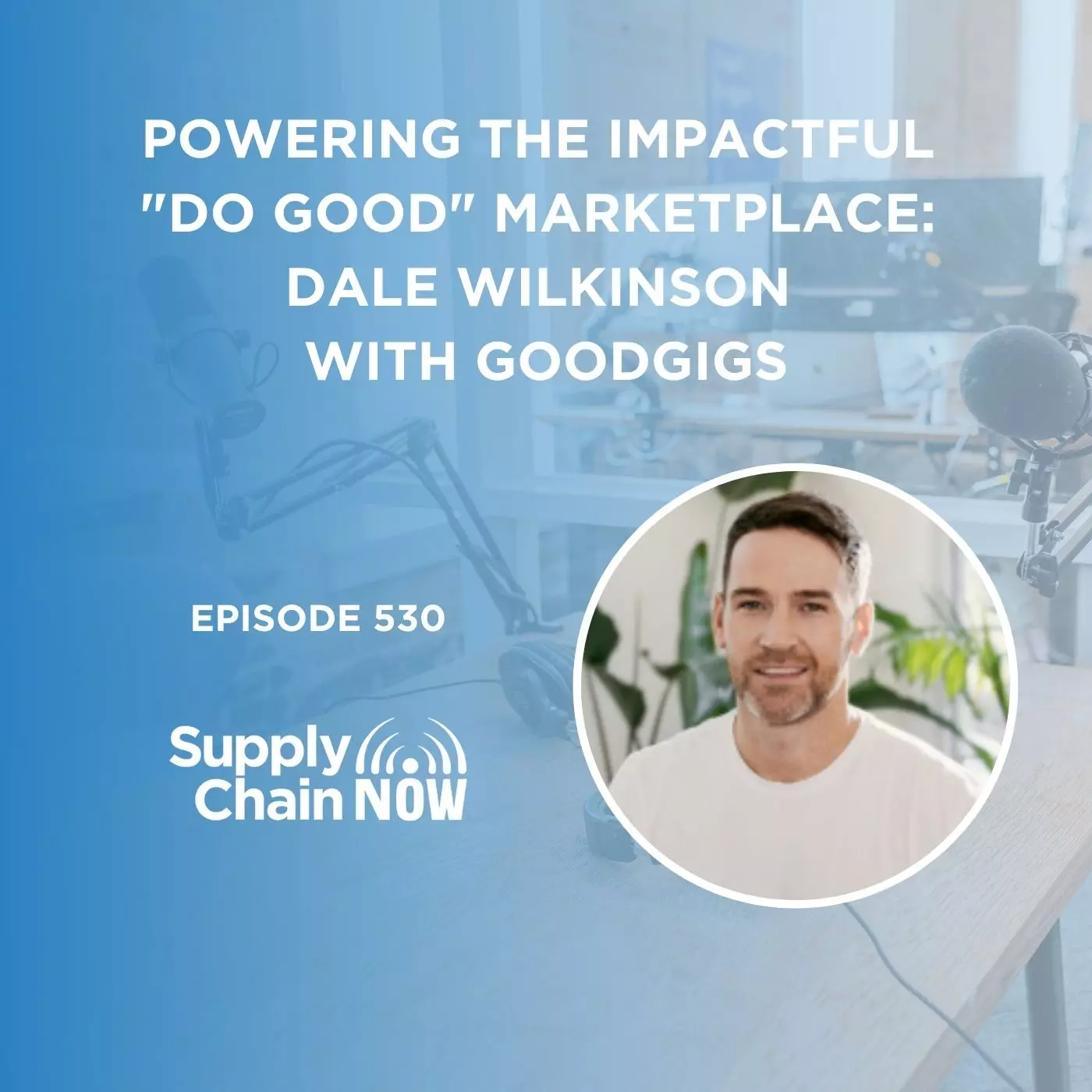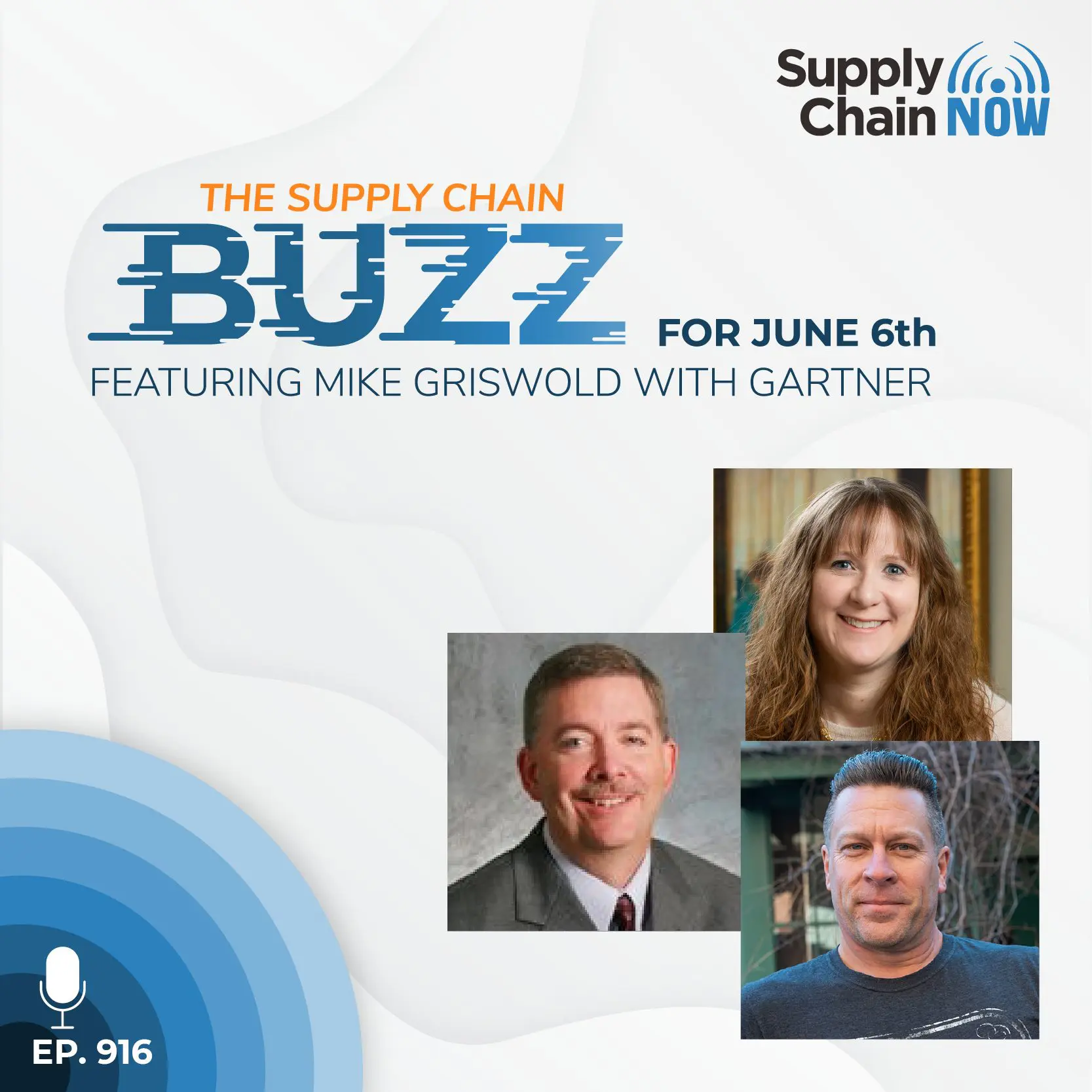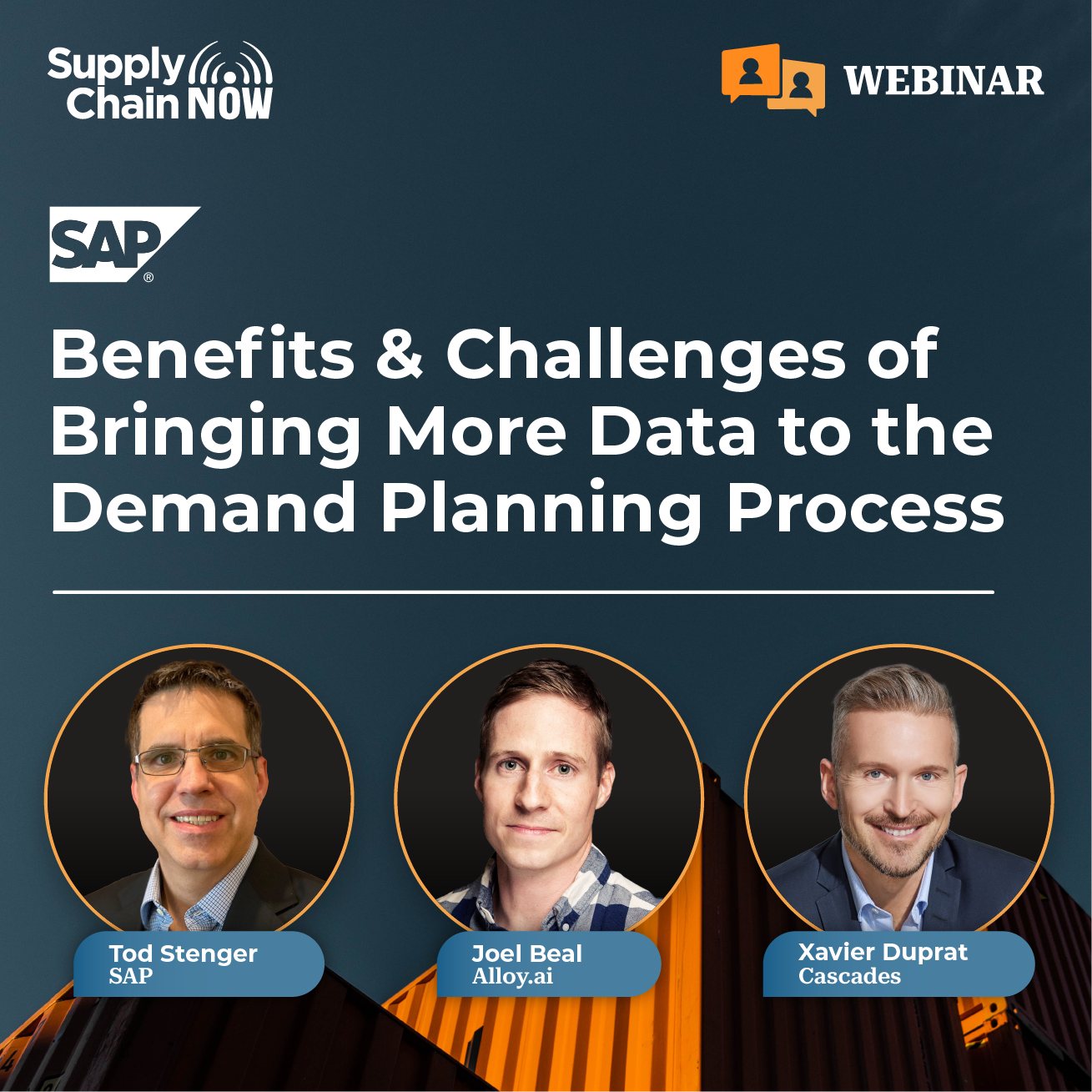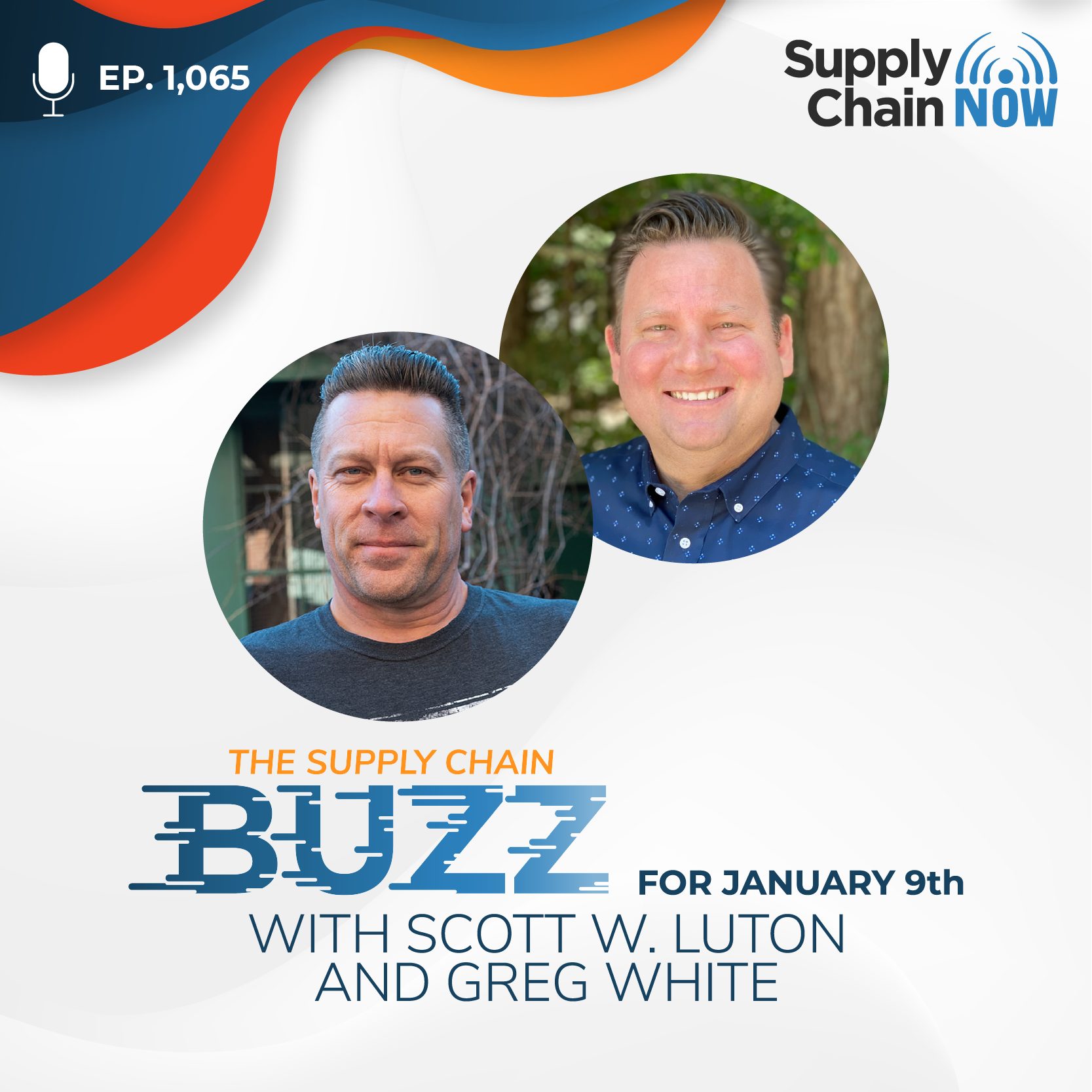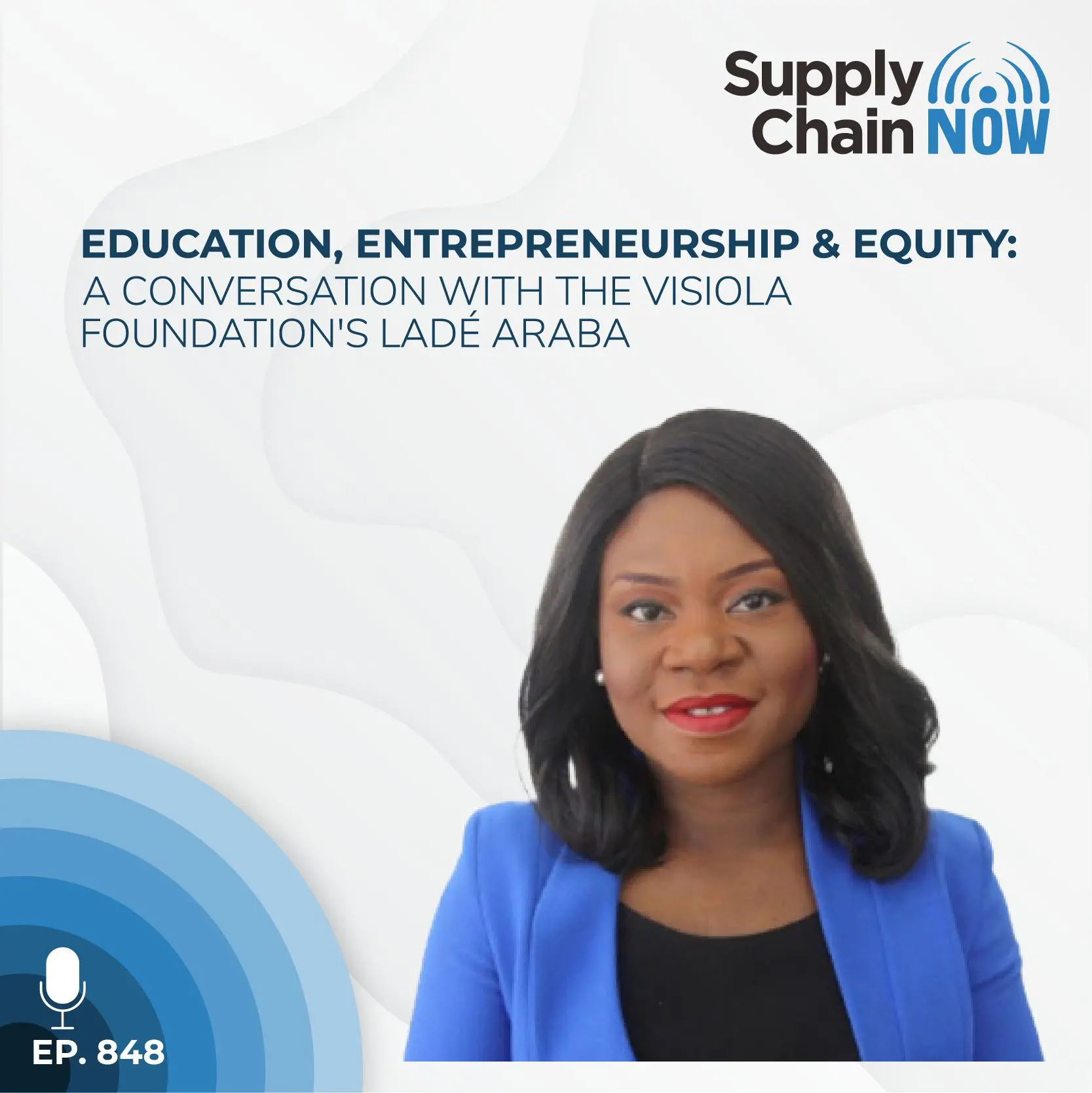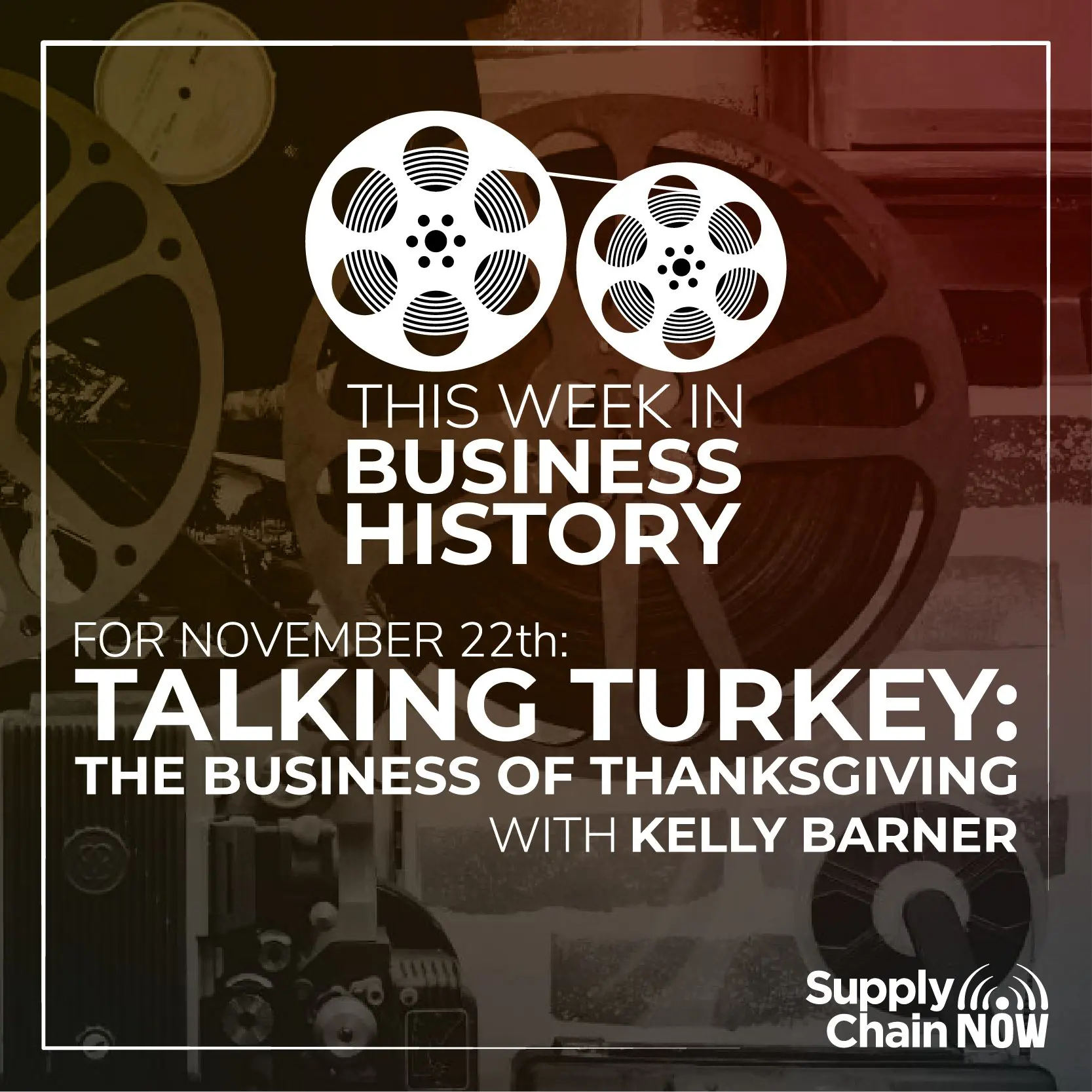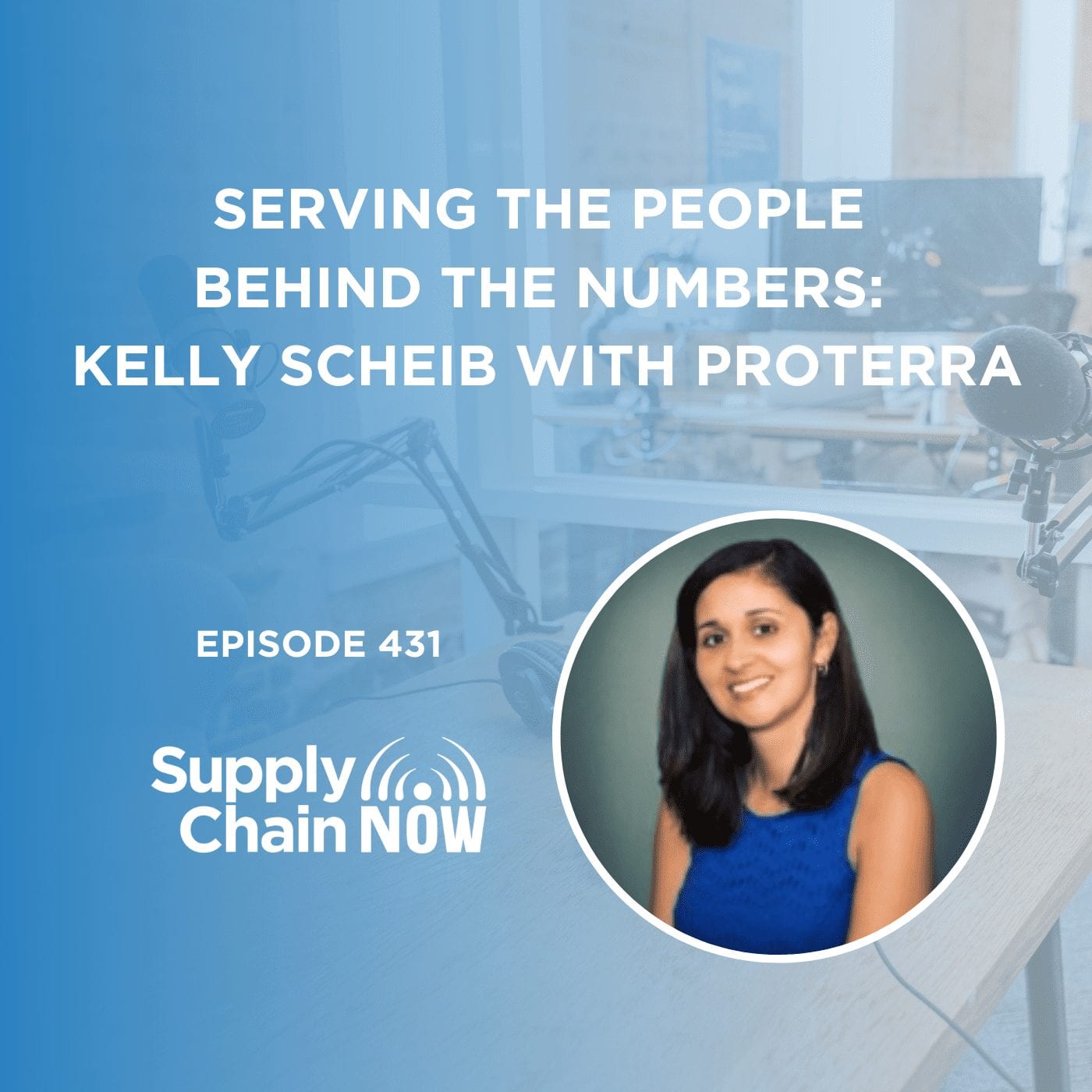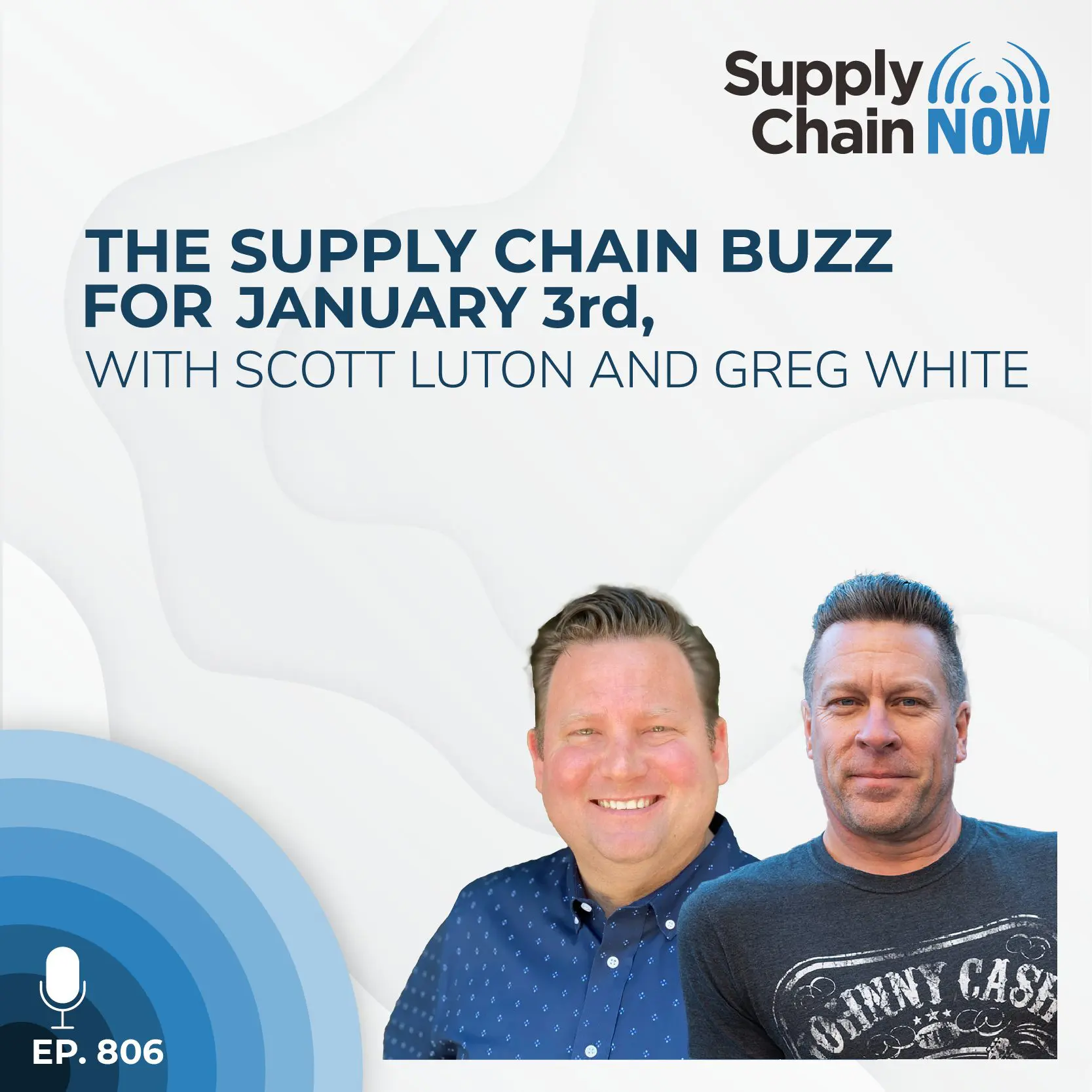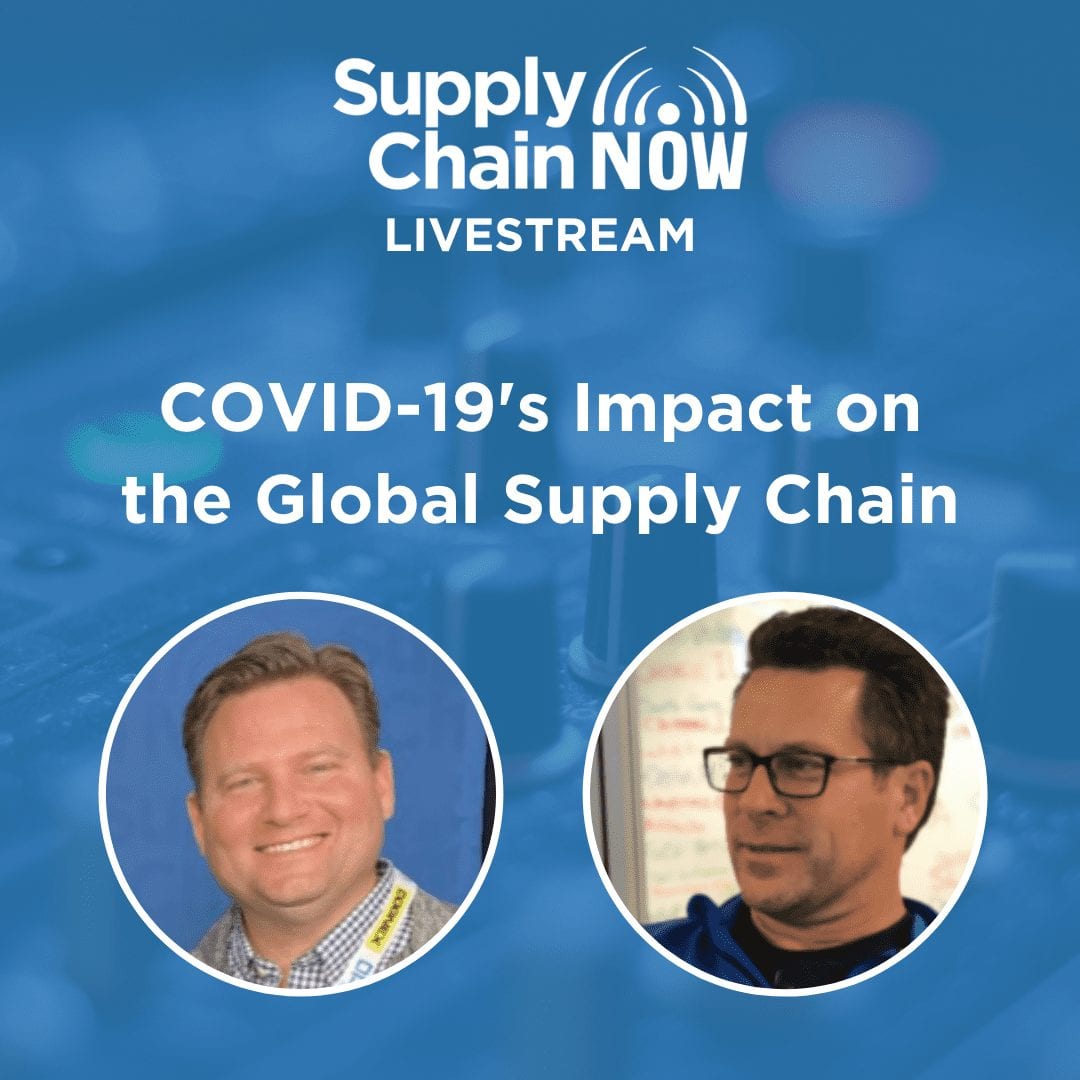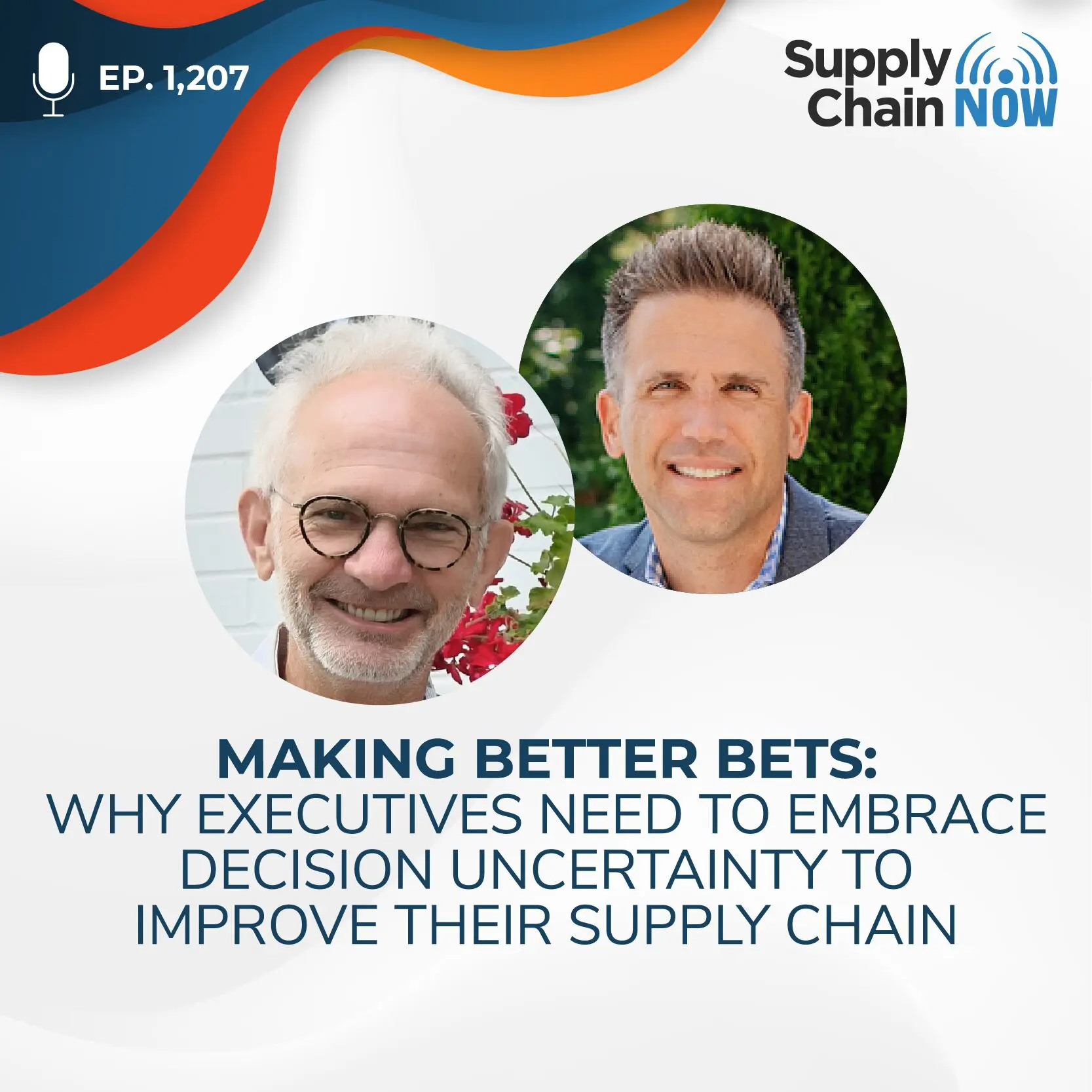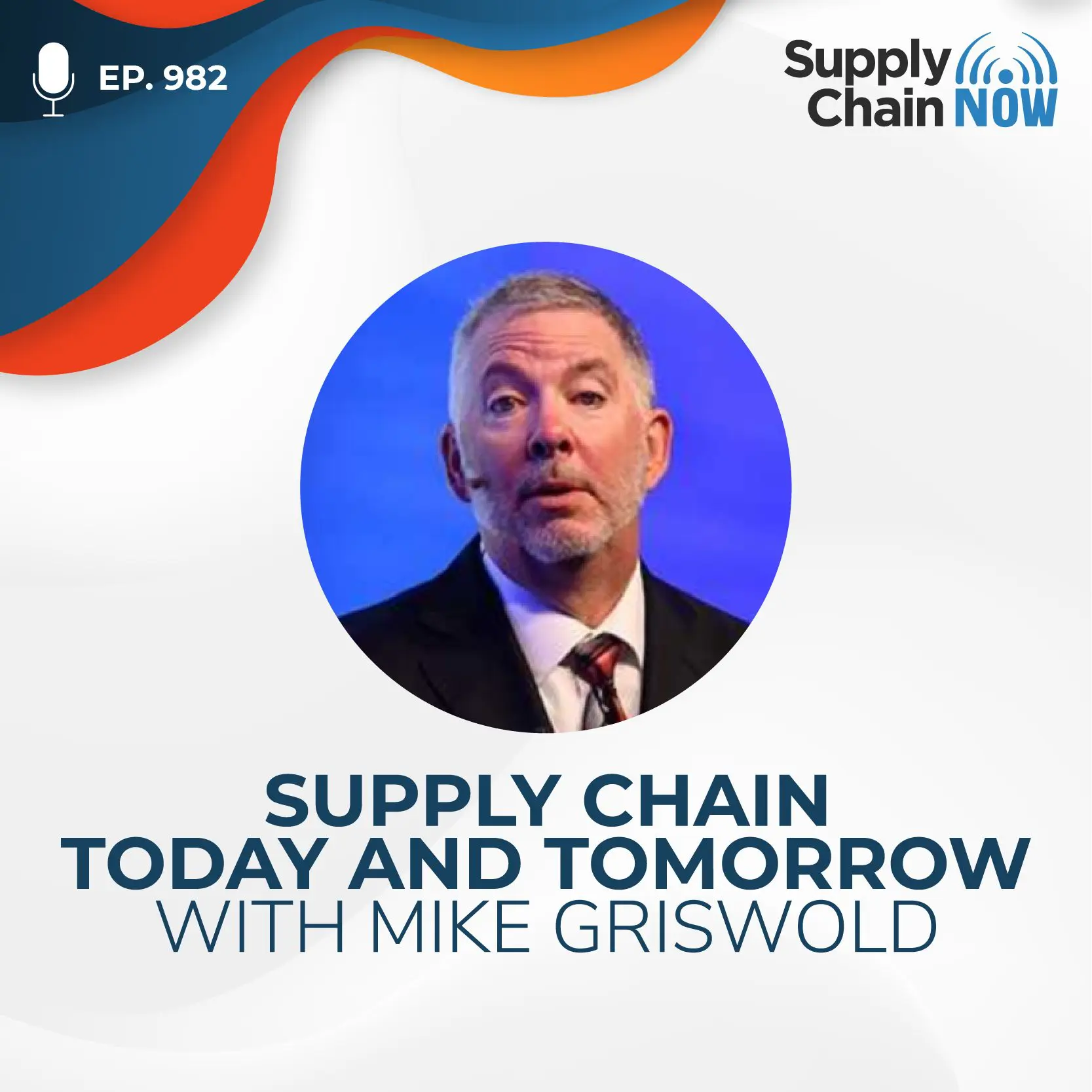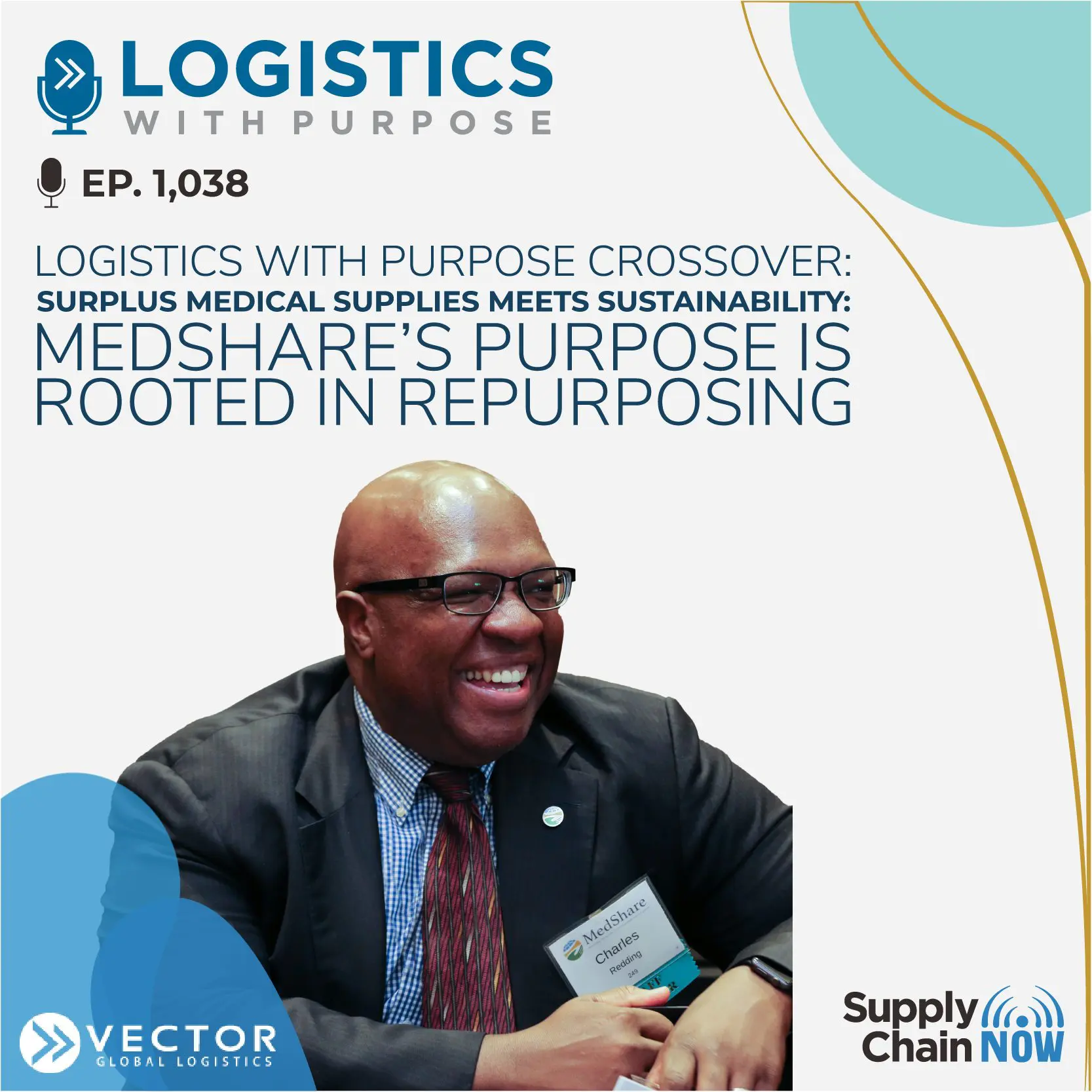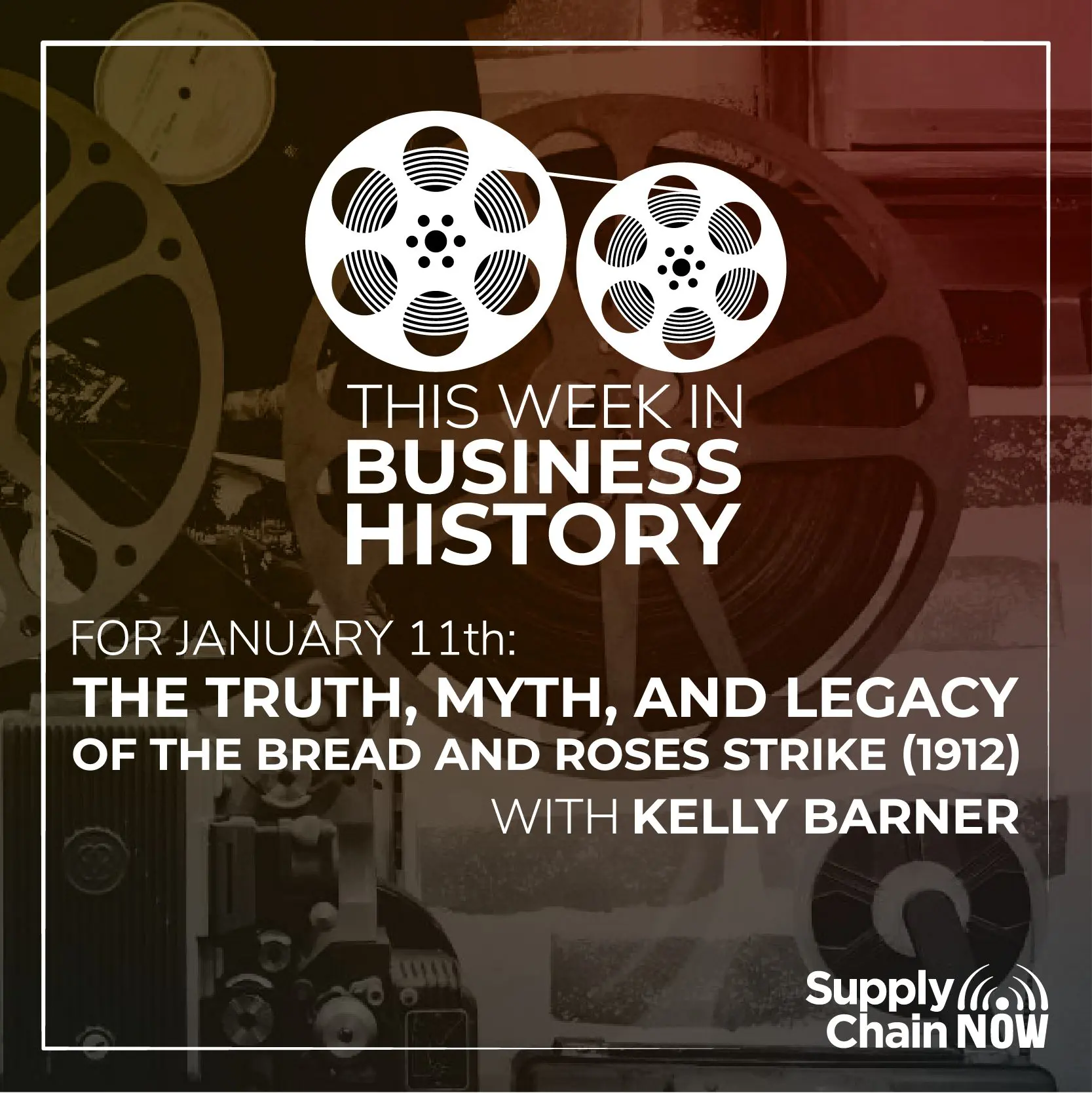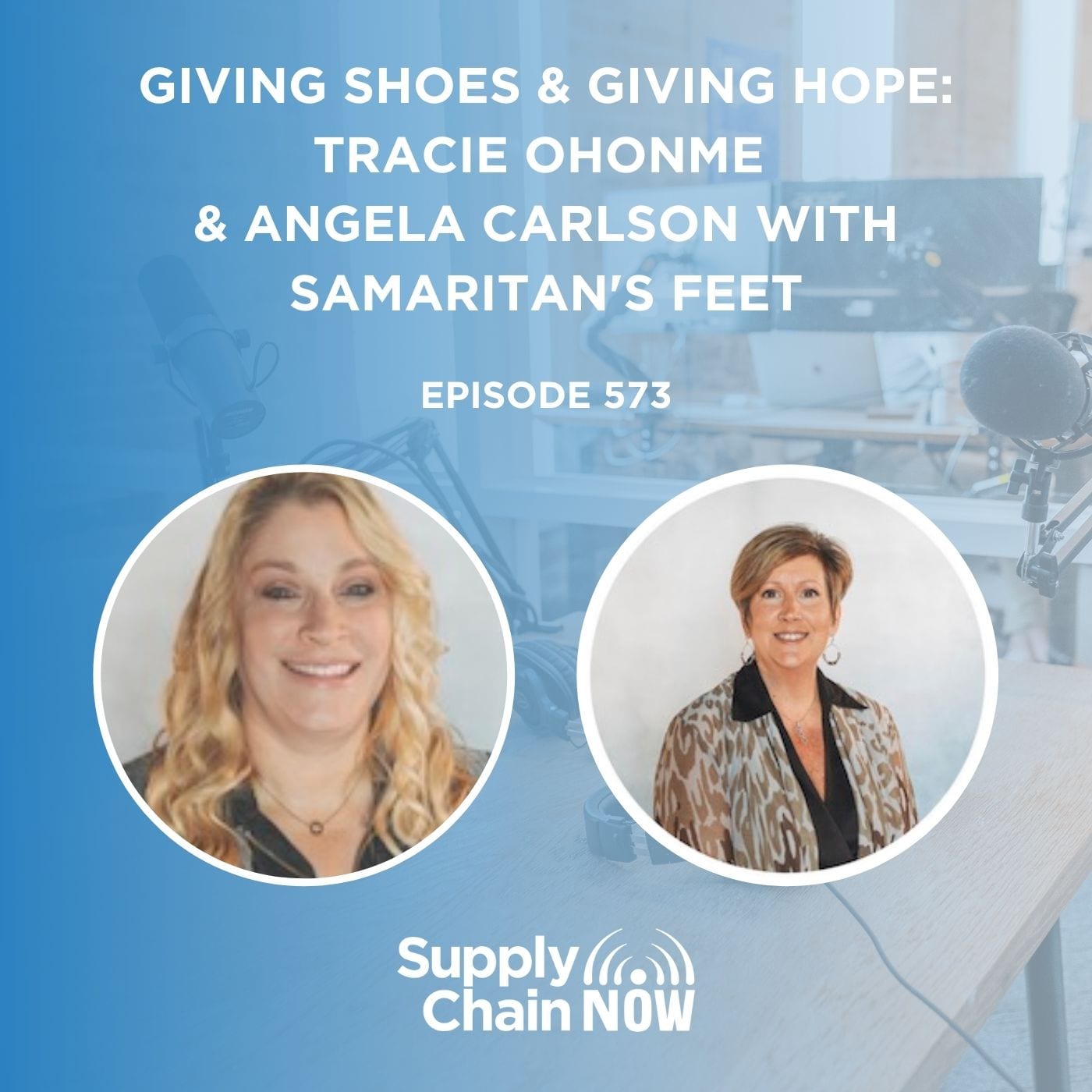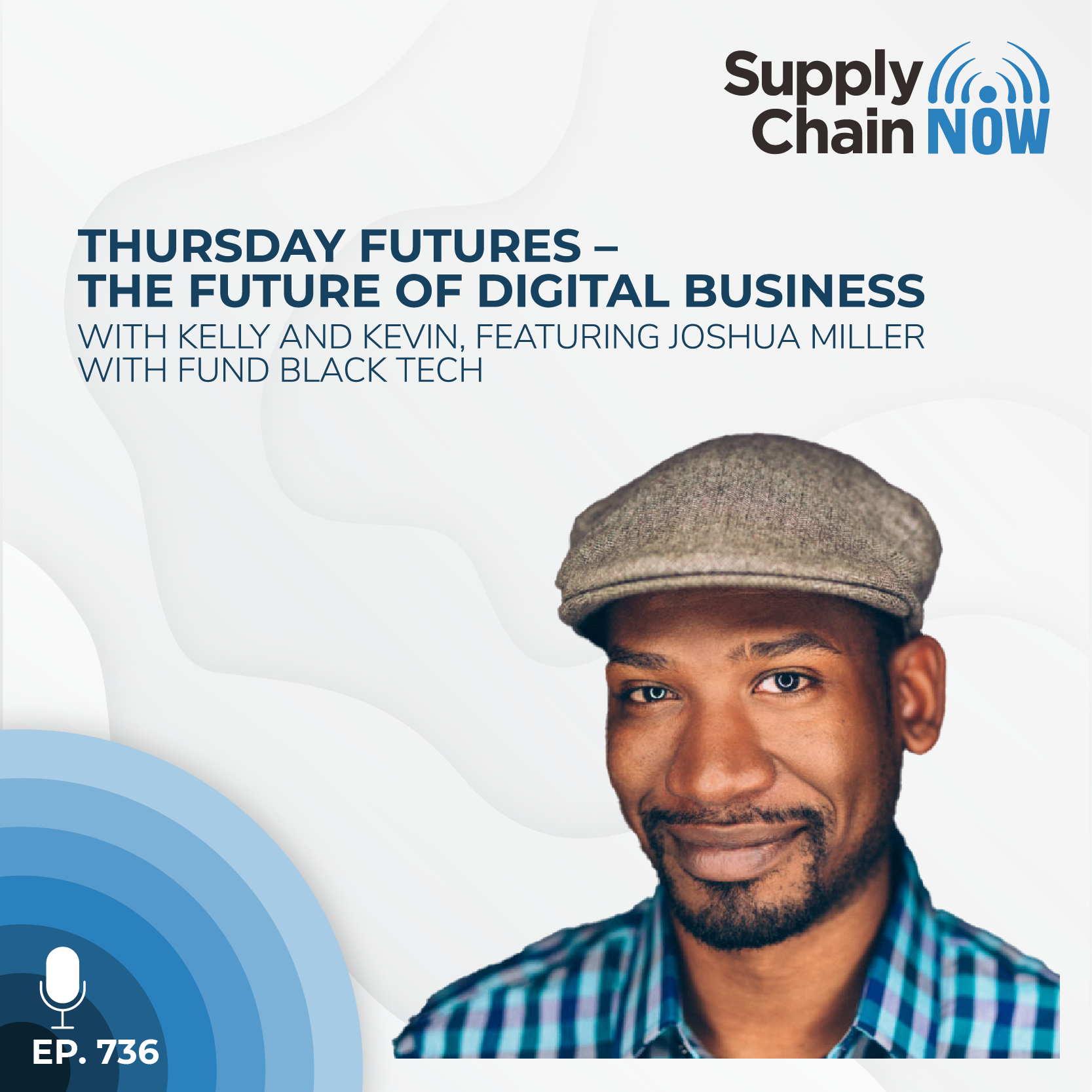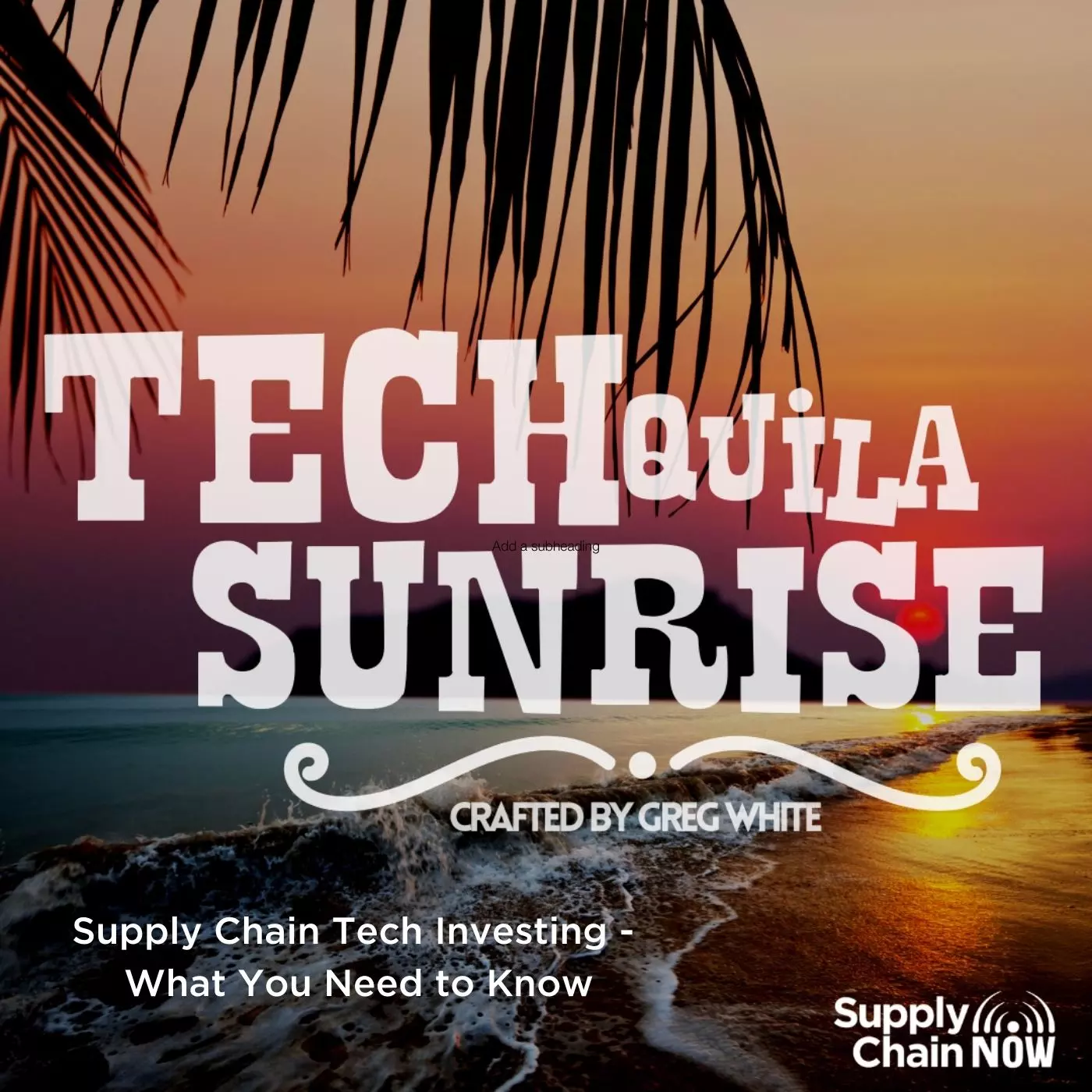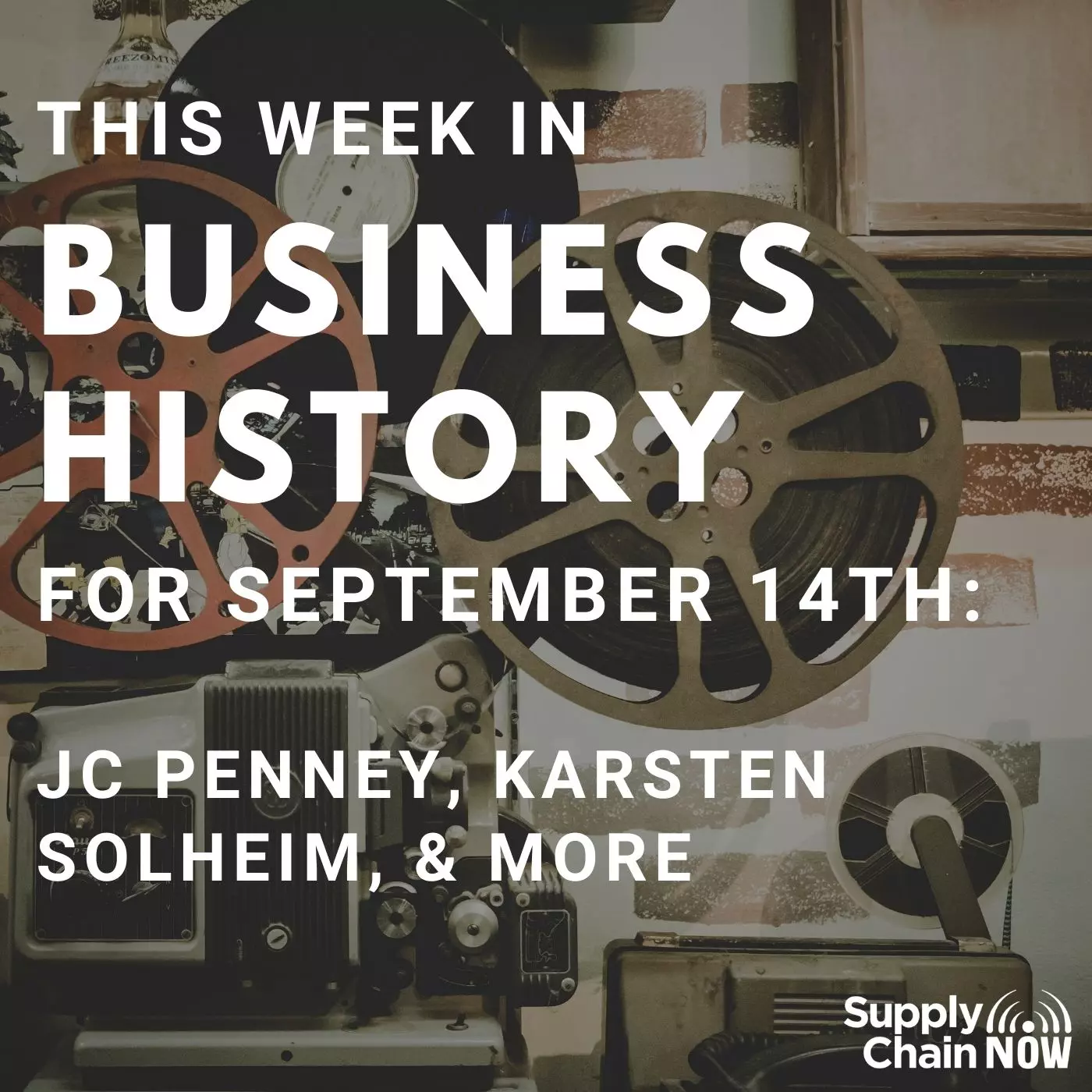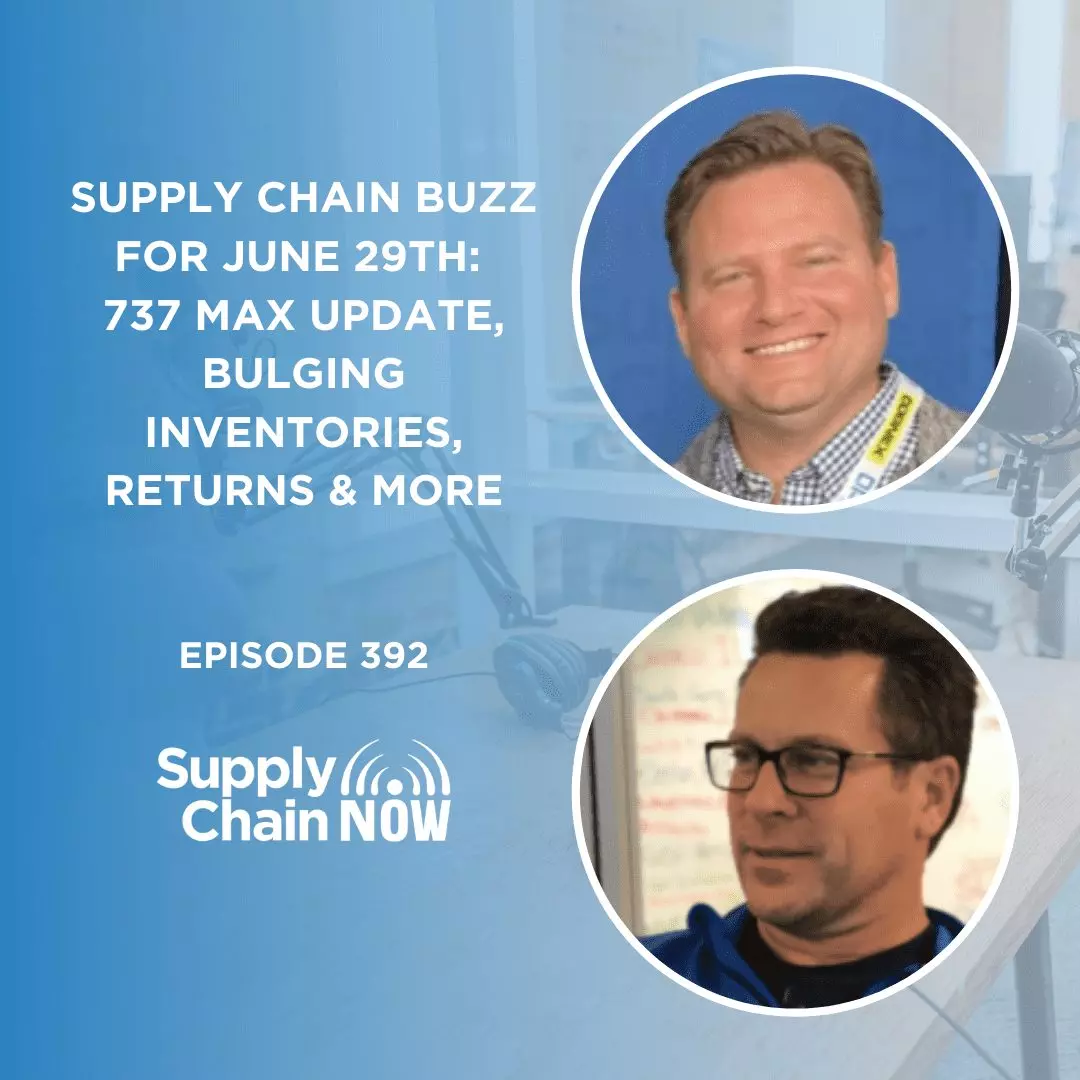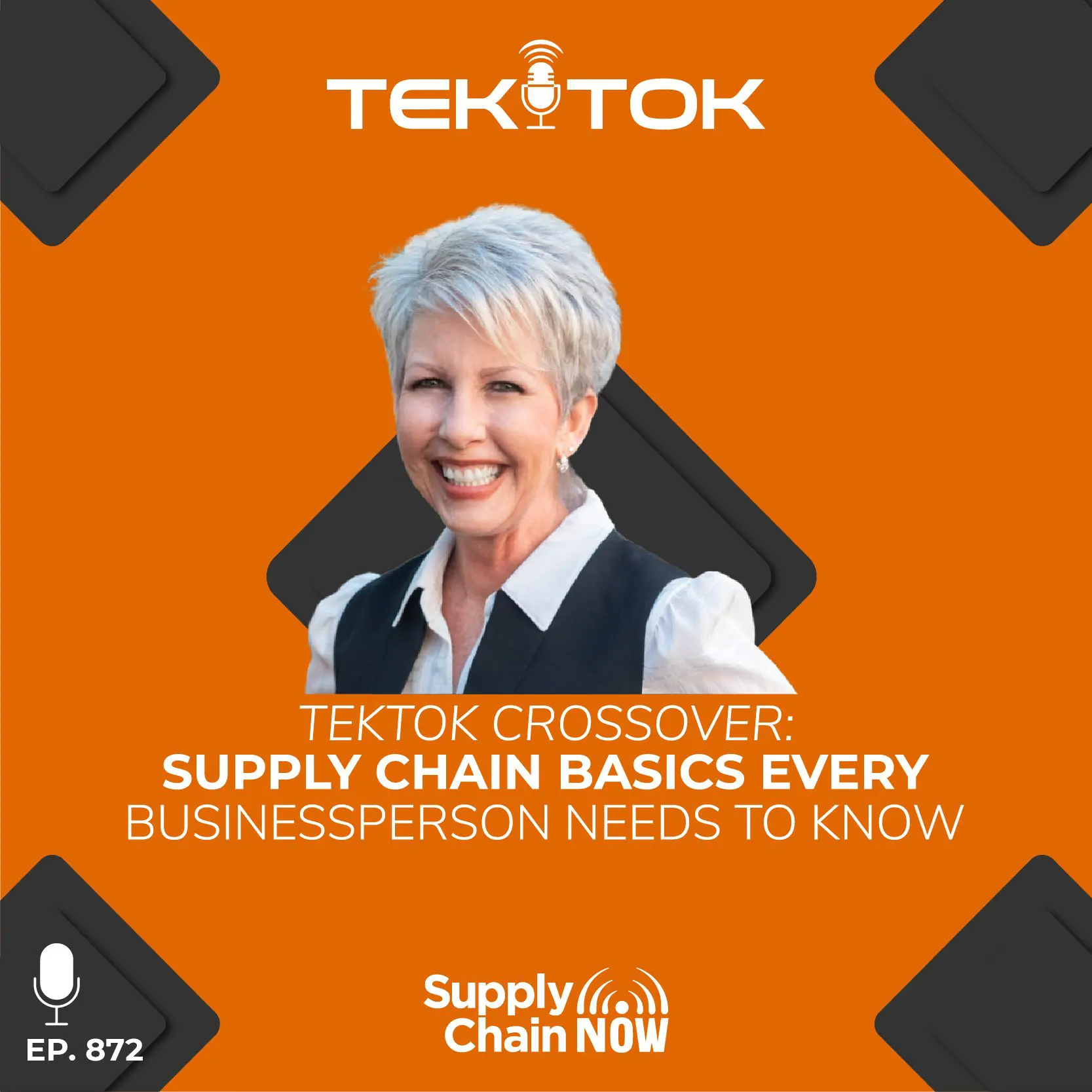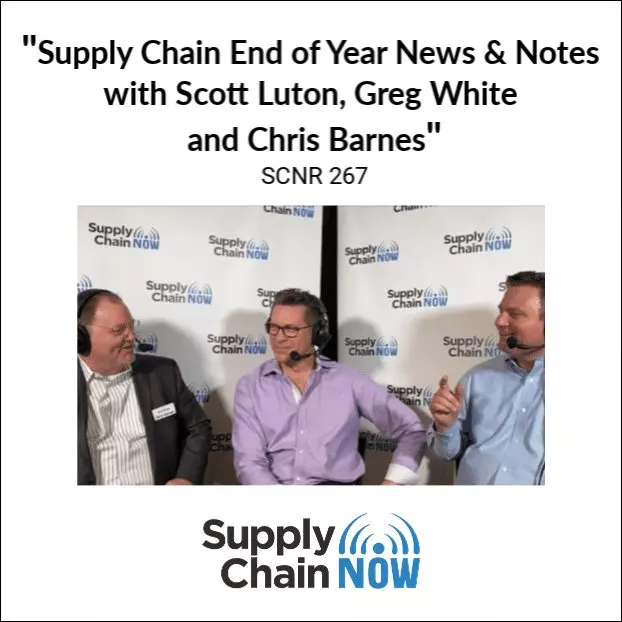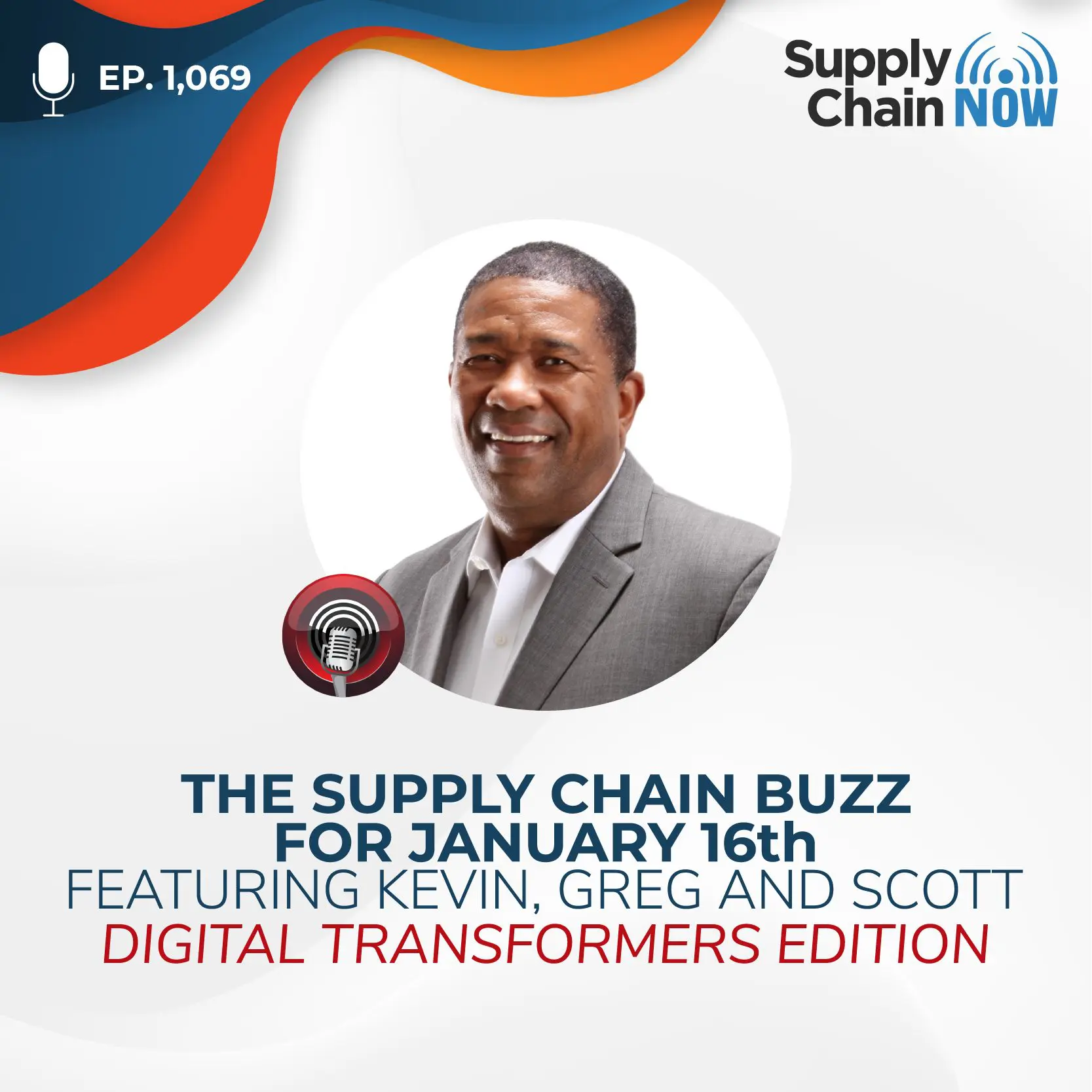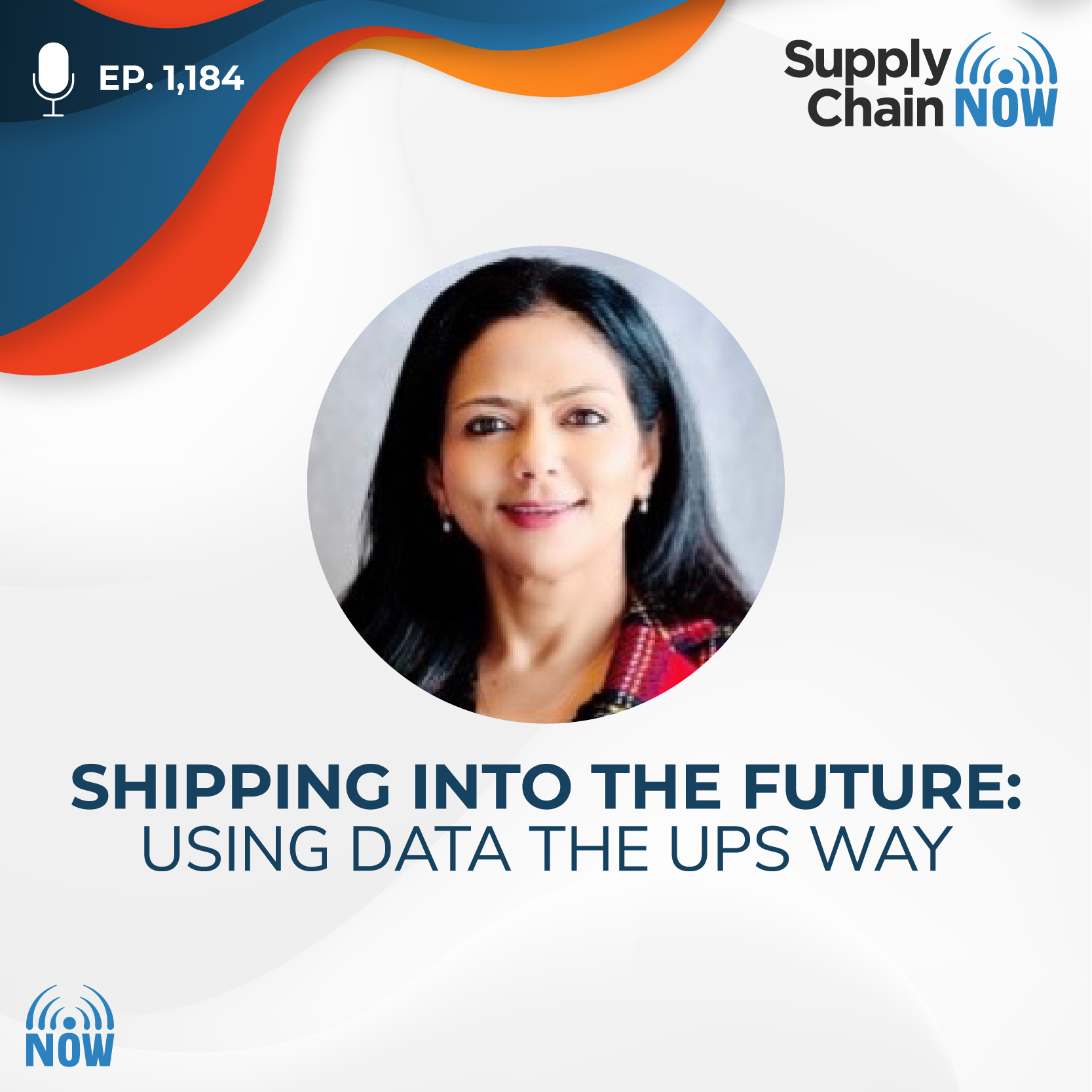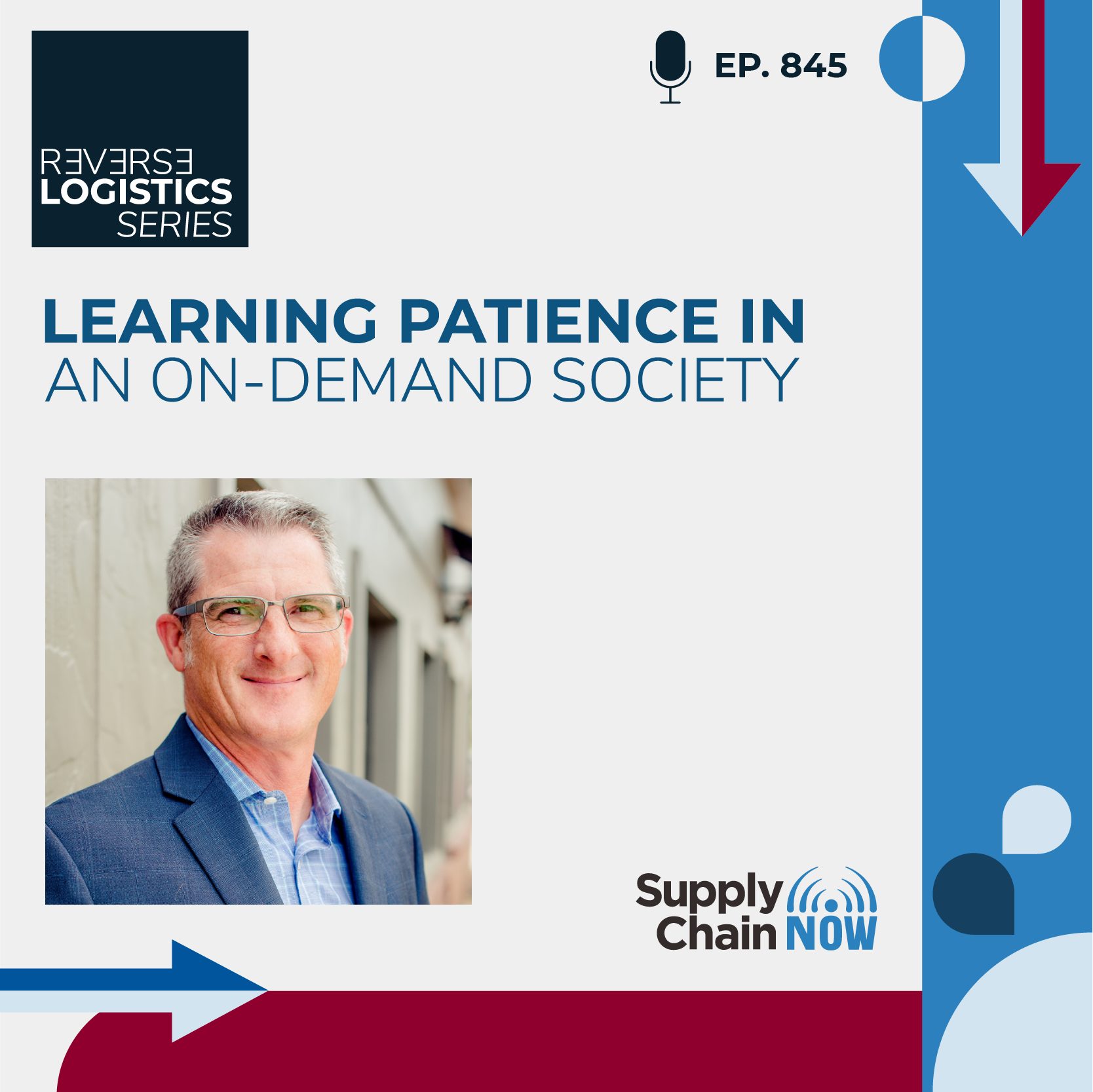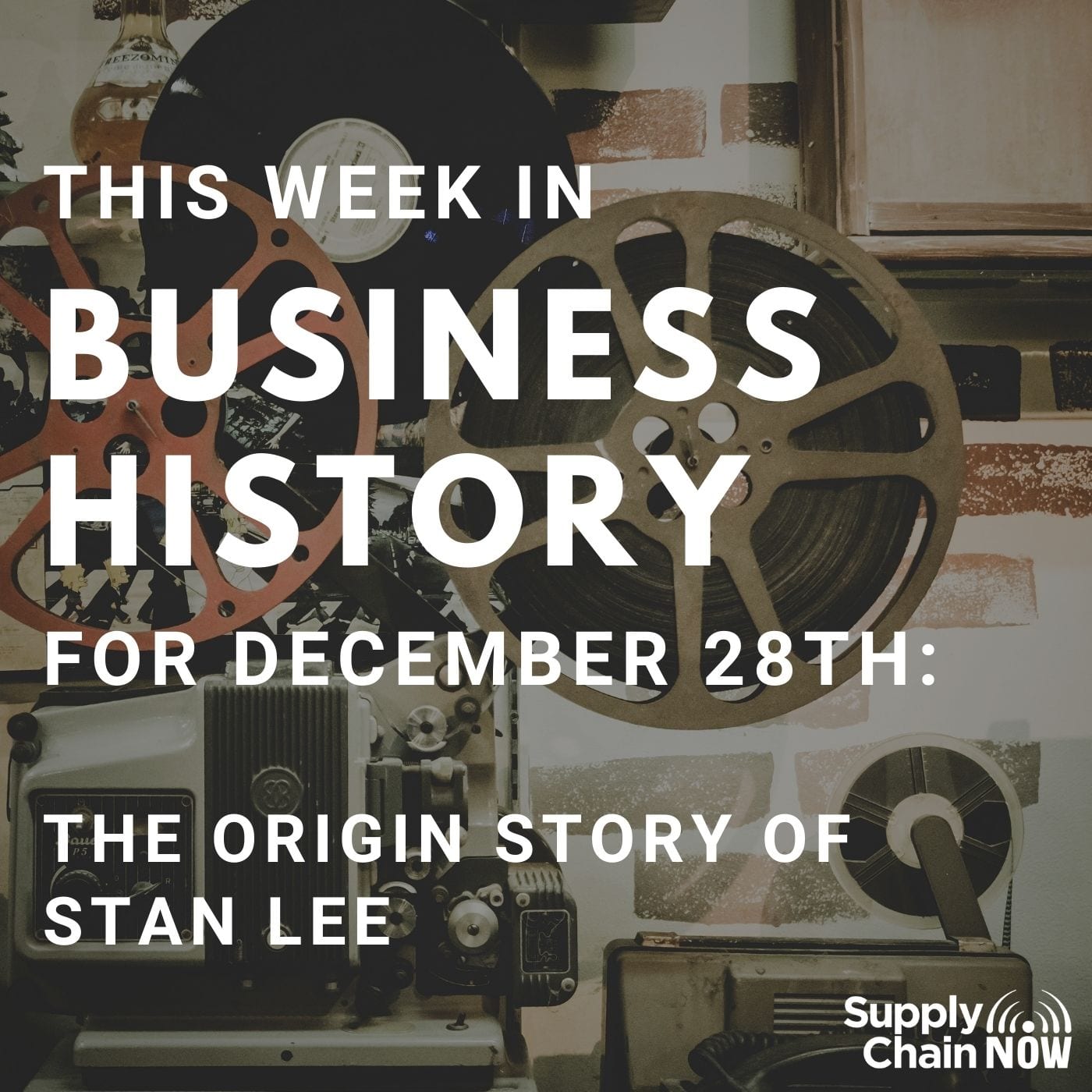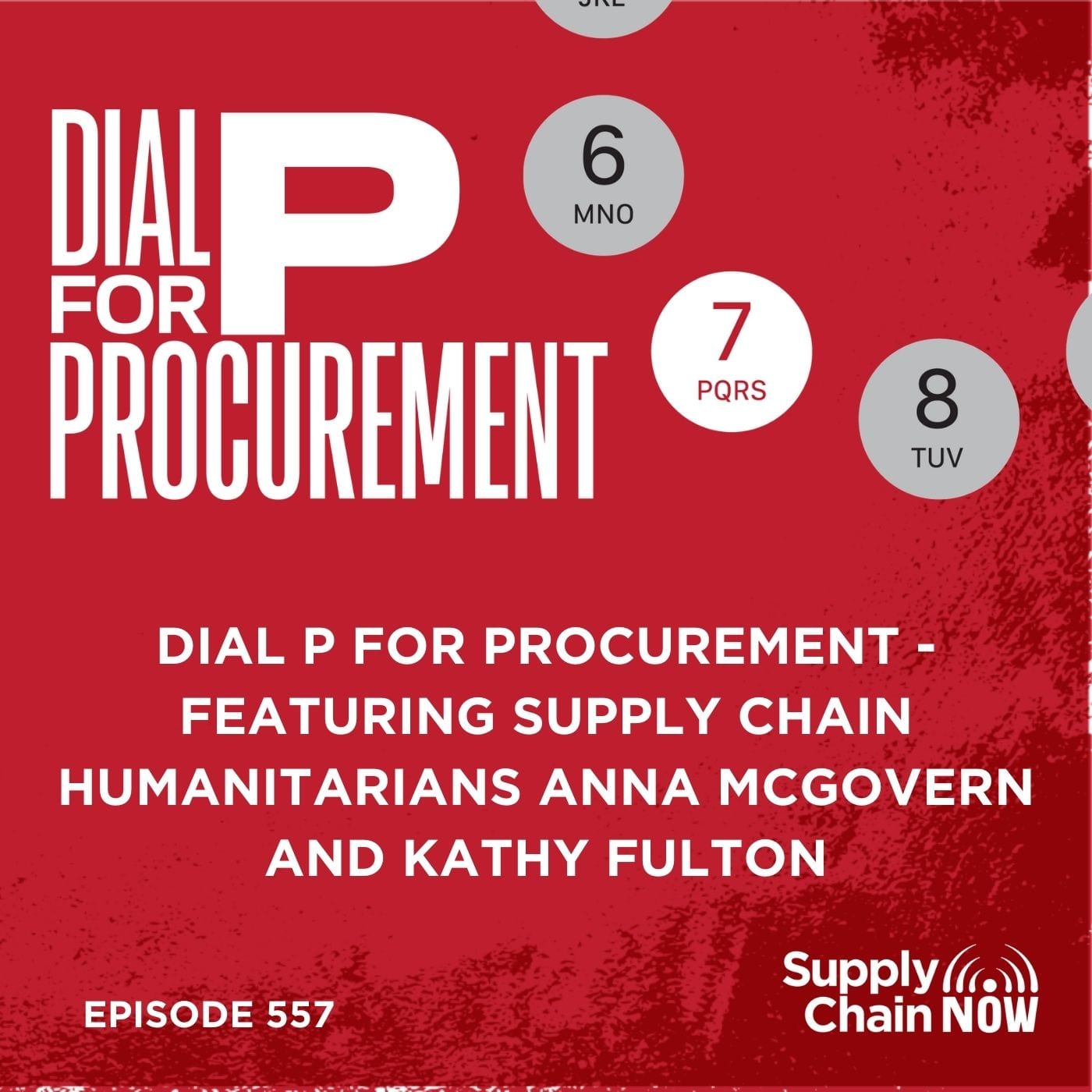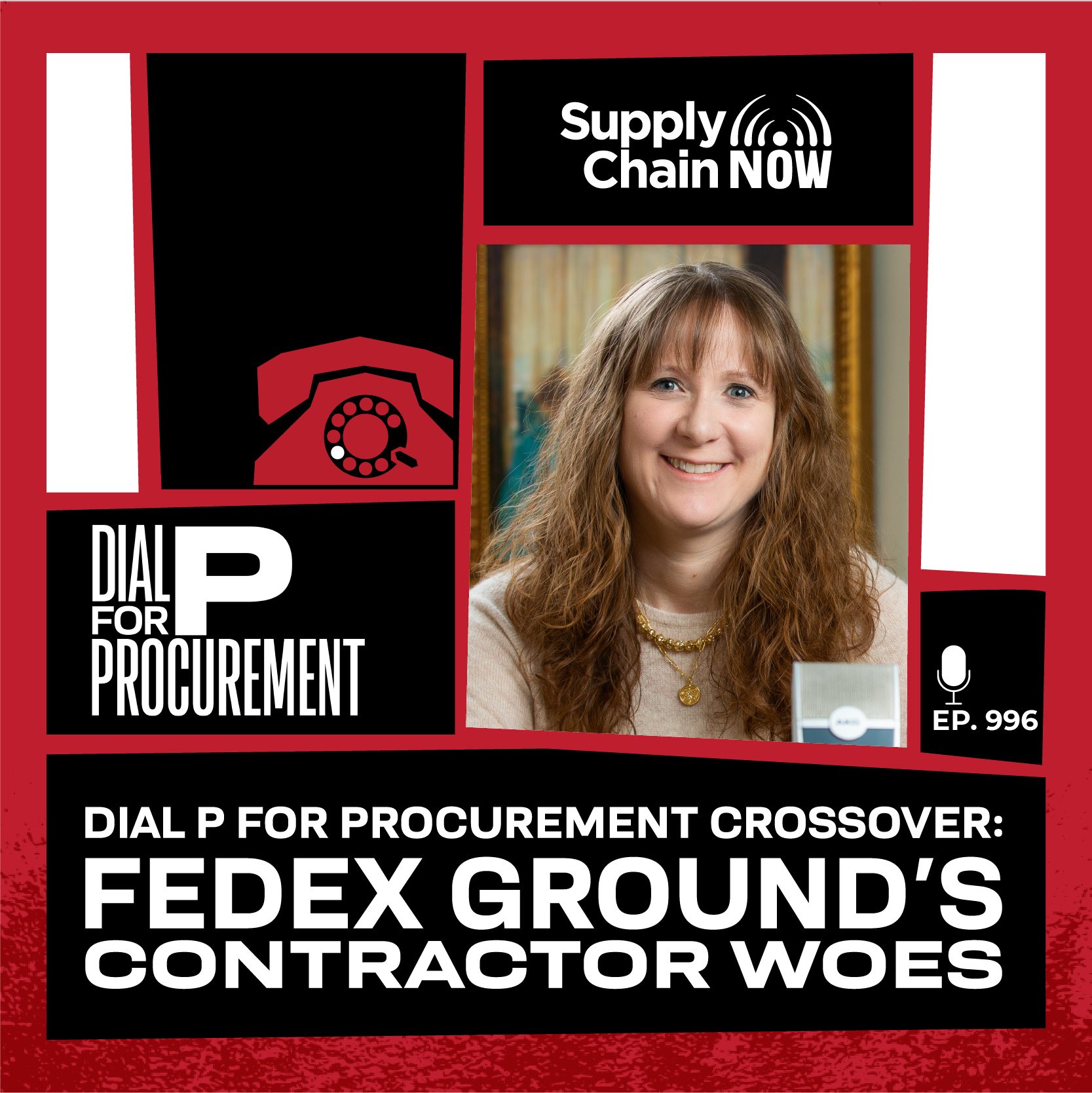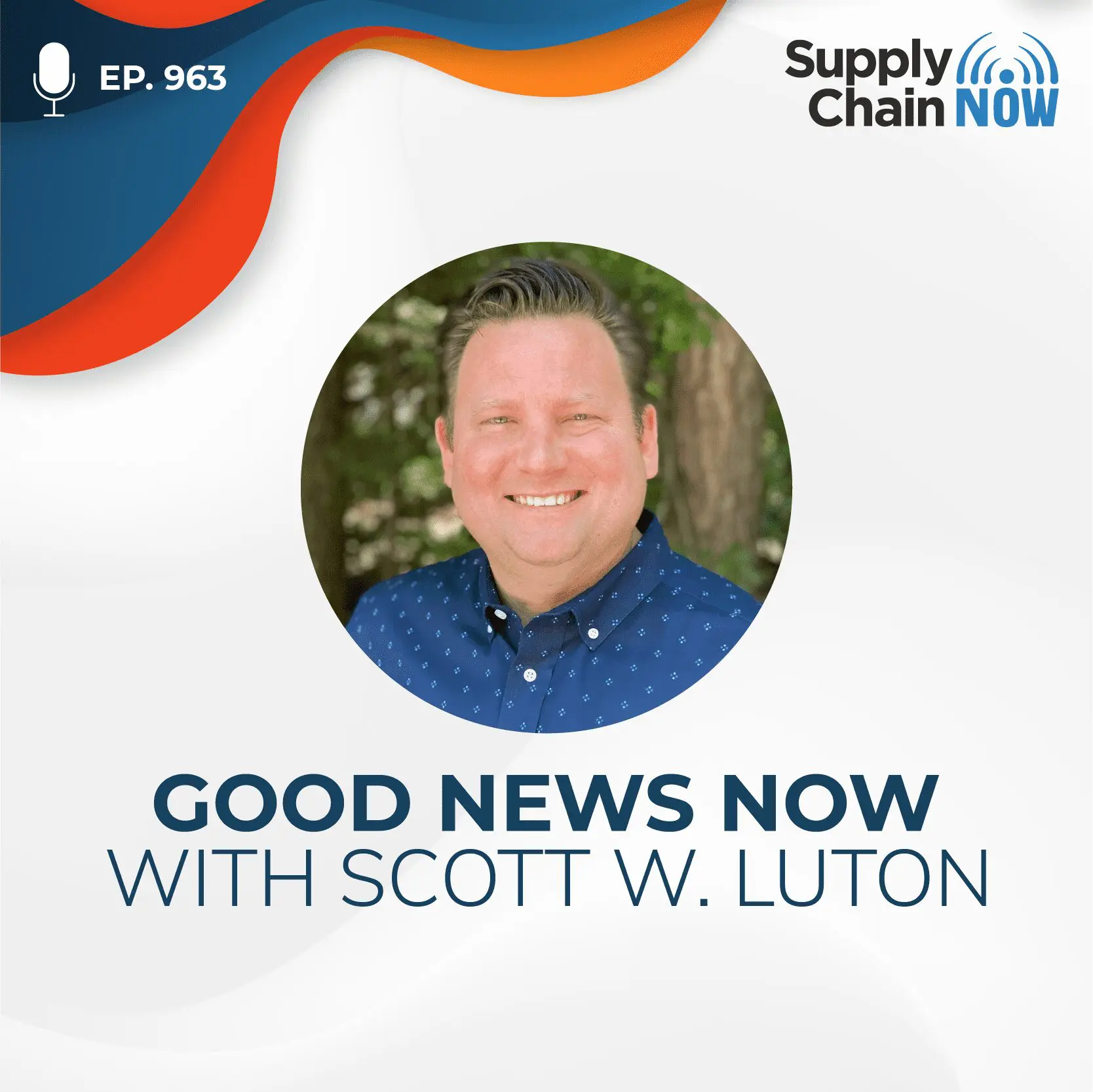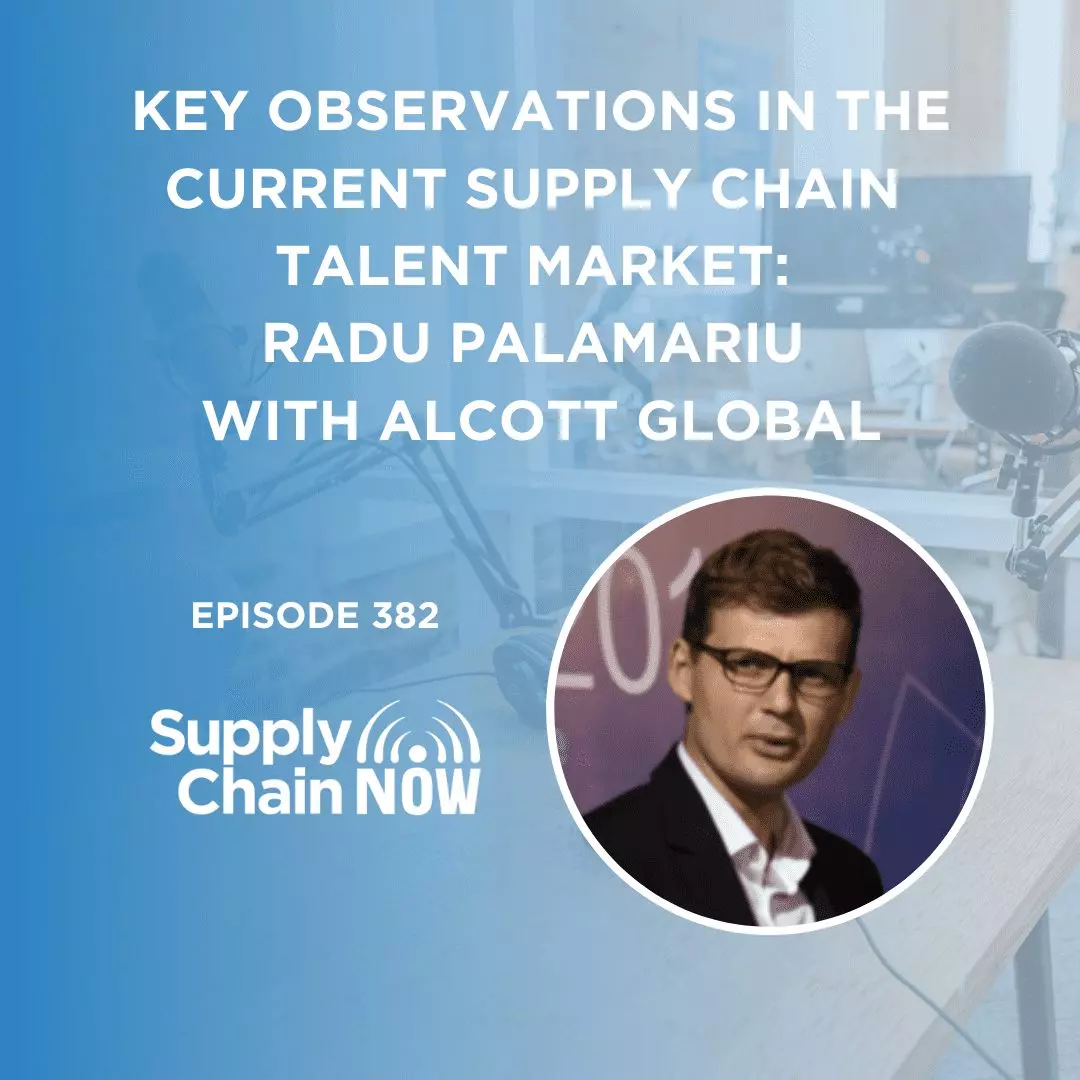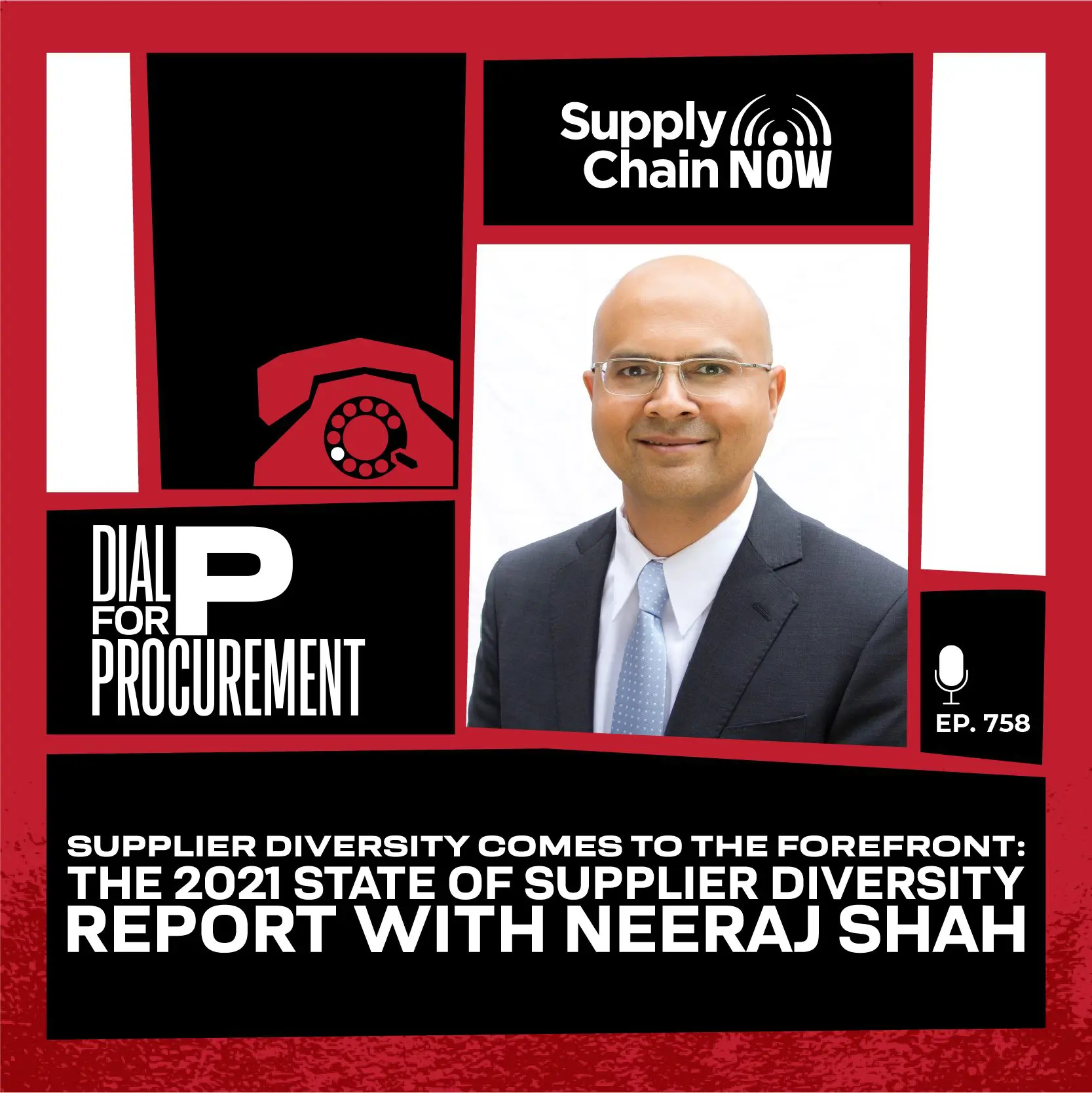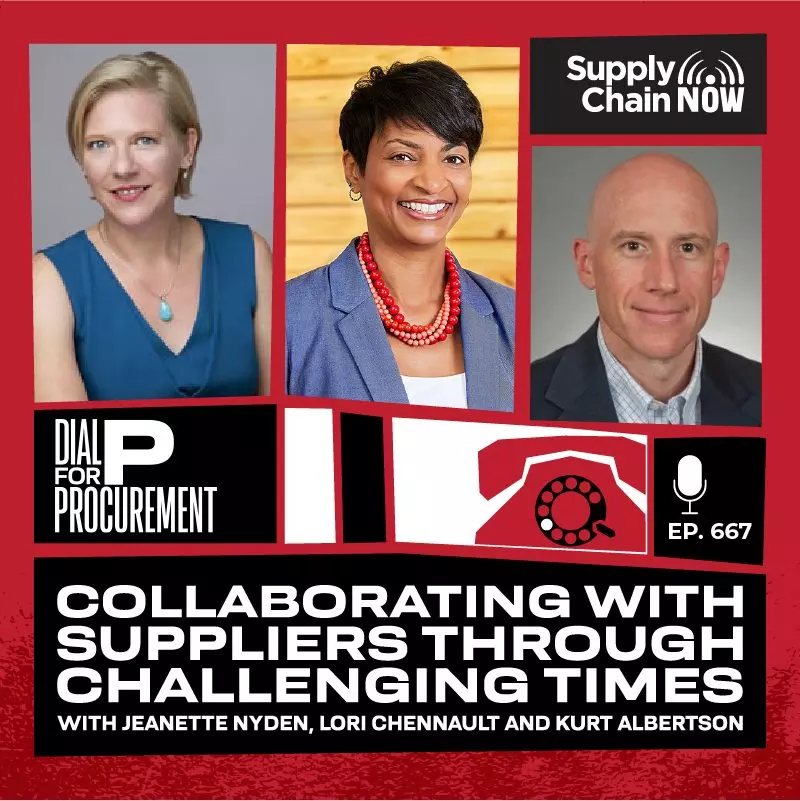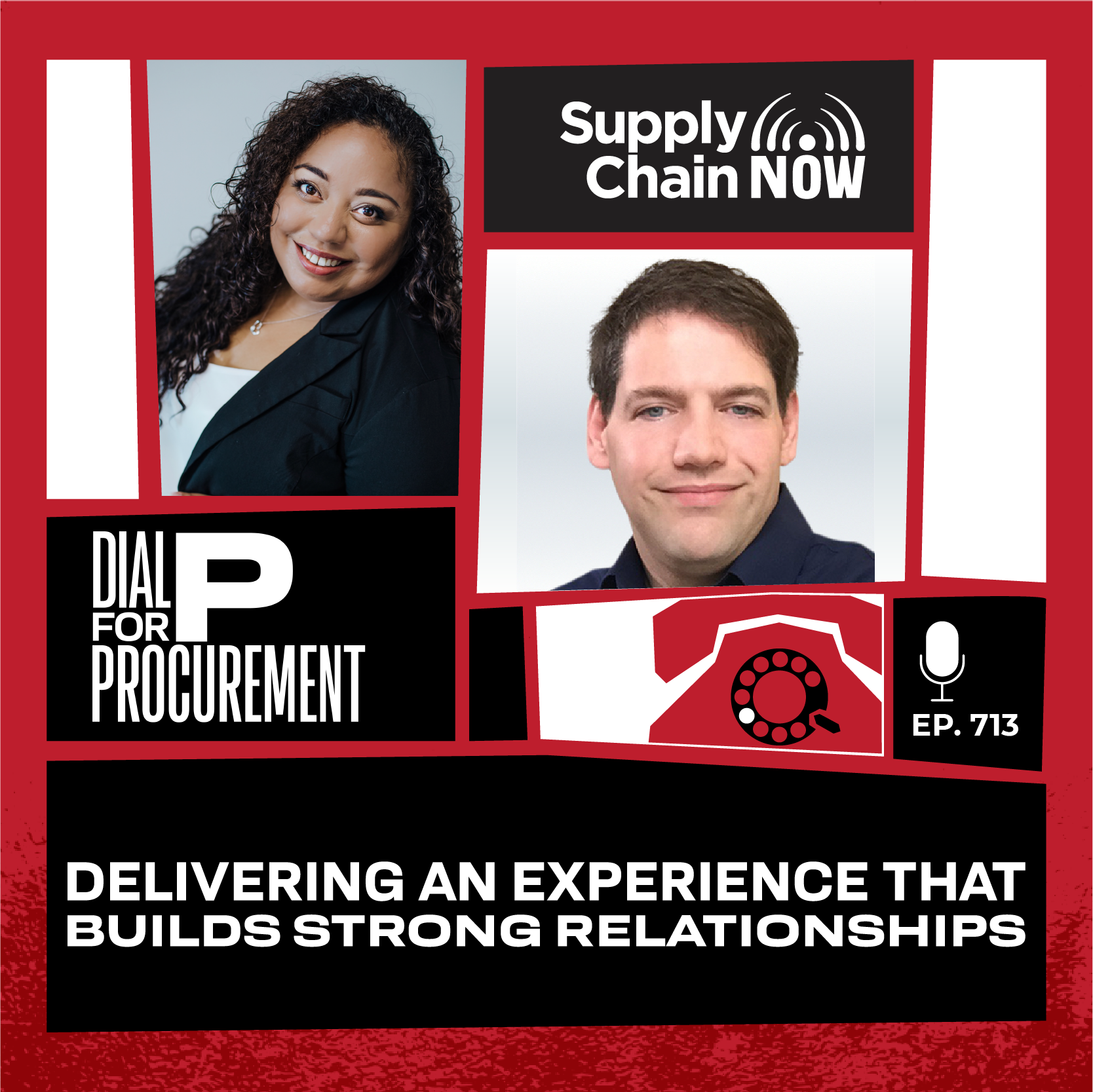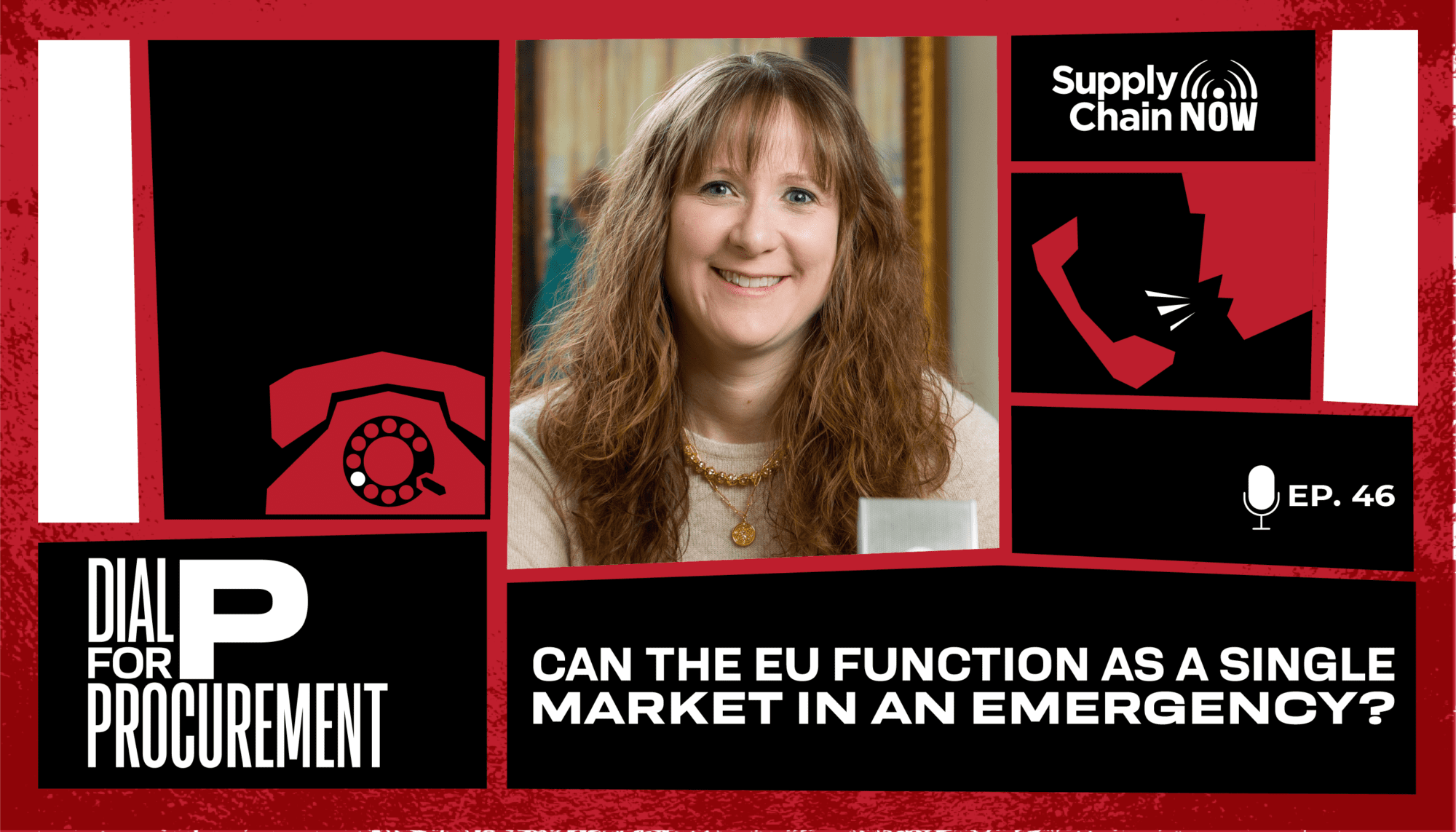
The reflexive reintroduction of border controls belies an inherent lack of trust between EU Member States on key policy domains… - Migration Policy Institute, August 2020
Episode Summary
On September 19th, 2022, the European Commission released a proposal for a new Single Market Emergency Instrument. The instrument, which is effectively a toolbox of options that can be leveraged in case of future supply chain disruptions, is one of the many changes the world has seen since the start of the pandemic.
The proposal includes flowery phrases like “unity and solidarity” and “cooperation and cohesion.” And they sound very nice – in theory. The question is whether they will survive both another macro emergency and also the provisions of the emergency instrument once invoked.
In this episode of Dial P for Procurement, host Kelly Barner reviews:
• The basic framework and provisions of the European Union Single Market Emergency Instrument
• The challenges associated with putting it into practice in the real world
• Objections and concerns that have already been voiced from EU member states
• A present day example of the power dynamics in Europe that may reveal the weaknesses of a “unified” approach
Episode Transcript
Intro/Outro (00:01):
Welcome to Dial P for procurement, A show focused on today’s biggest spin supplier and contract management related business opportunities. Dial P investigates the nuanced and constantly evolving boundary of the procurement supply chain divide with a broadcast of engaged executives, providers, and thought leaders. Give us an hour and we’ll provide you with a new perspective on supply chain value. And now it’s time to dial P for procurement.
Kelly Barner (00:31):
On September 19th of this year, the European Commission released a proposal for what they’re calling a single market emergency instrument. The instrument, which is effectively a toolbox of options that can be leveraged in the case of supply chain disruptions is one of the many changes the world has seen as a result of the COVID 19 pandemic. In fact, this is the European Union’s direct response to some of the supply chain disruptions that they saw. I’ve read parts of the proposal and the language includes flowery phrases like unity and solidarity and cooperation and cohesion, and they sound very nice, or I should say they look nice on paper. The question is whether they will survive both another macro emergency and also the provisions of the emergency instrument once invoked. In this episode of Dial P for procurement, I’m going to review the basic framework and provisions of the European Union single market emergency instrument, the challenges associated with putting it into practice, some interesting objections and concerns that have already been voiced and a present day example of the power dynamics in Europe that may show us the weakness or the improbability of such an approach.
Kelly Barner (01:59):
But before I go any further, let me pause and introduce myself. I’m Kelly Barner. I’m the co-founder and managing Director of Buyers Meeting Point. I’m a partner at Art of Procurement and I’m your host for I L P here on supply Chain. Now I’m constantly scanning the news for articles and topics that we should discuss things that are interesting but may escape people’s notice. And although I’m based in the us, most of today’s supply chains are global, meaning that something that happens in Europe like this emergency instrument will affect us too. And so we need to understand it. Dial P releases a new podcast episode or interviewed every Thursday so beyond the lookout for future episodes. And don’t forget to check out past episodes as well. Now before I get back to the emergency instrument, I have a quick favor to ask. I genuinely hope you find value in the time we’re about to spend together.
Kelly Barner (03:00):
If you do, here’s what I would ask. Find a way to engage. You can comment, you can share, you can post a review, you can give some stars. You can even just send this link or podcast directly to a colleague that you think should hear it. I’m incredibly grateful for the interest, attention and engagement of the Dial P audience and more voices means we all learn more. So let’s turn our attention back to the European Union and the single market emergency instrument. To start with just a few quick details about the European Union itself. So there are 27 member states and one of the primary advantages of being part of the European Union is being included in the trading block or the single market that it creates. This European single market was defined and made official in 1993 when times get tough, the idea is that these states should be able to ban together for mutual benefit, but trouble always reveals itself in the details.
Kelly Barner (04:09):
And this case is no exception because these are still 27 very different countries. The single market emergency instrument would allow the advisory group that’s made up of one member from each of the states in the European Union, and it would give them the power to order all of the states to reorganize their supply chains. It can require production of certain goods and it has the authority to stockpile other goods. The proposal seeks to ward off product shortages by closing ranks. It wants to monitor inventory and information, wants to create strategic reserves, and in some cases, to actually reorganize how supply chains work. One of the things that happened during the early days of the pandemic is that there were border closures inside of the single market. 17 of the 27 member states closed their borders to travel from neighboring countries at some point, and they all reopened on different terms and timelines.
Kelly Barner (05:15):
What this meant was that trucks transporting food and medical supplies from country to country became stuck in incredible traffic jams and even got stuck in a middle country that they didn’t intend to stay in. As an August, 2020 article from the Migration Policy Institute pointed out, the reflexive reintroduction of border controls belies an inherent lack of trust between EU member states on key policy domains. Now, that point is going to be very important to the approval as well as the effectiveness of the single market emergency instrument, assuming it’s put into place because it goes way beyond keeping roads and borders open. It’s that reorganization of supply chains if that’s not making the hair go up on the back of your neck a little bit, it should be. Some of the provisions aren’t entirely unlike the Defense Production Act that we have in the United States. The DPA was originally enacted in 1950 in response to the Korean War, and it allows the federal government to wield and redirect labor and production capacity owned by private industries in times of public need.
Kelly Barner (06:33):
And we’ve seen it applied right up to this day. For example, President Trump invoked it in the early days of the pandemic to transition automotive manufacturing facilities to making ventilators. Now, unlike the Defense Production Act, the single market emergency instrument strives to direct companies in different nations to follow the direction of an international commission. And objections have already been voiced from within the eu. Some of the concerns are that companies may be forced to produce certain goods required to sell them inside the block as opposed to being allowed to selling them to their regular customers. Beyond it, there are worries that the business activity, the instrument compels, could breach contractual obligation, for instance by prioritizing certain orders in order to guarantee that products get to where they are needed most urgently from a European perspective, but that don’t actually align with the priorities of the company and their commitments to customers.
Kelly Barner (07:39):
The information piece of this is critical too. There are concerns that the instrument may force companies to reveal trade secrets to share more than they would want to share about levels of inventory. And the EU executive can request sensitive business information under the guise of this instrument. So one of the questions is whether the instrument is based on broad, generally available market intelligence or whether it’s going to require Brussels to monitor countries and private companies to an extent that is truly invasive because this is meant to respond to emergencies. There’s an implied need for speed and you can’t be quick if you don’t already have together the information that you need to facilitate decision making. So having real time information already centrally gathered in a certain way may have to start taking place long in advance of there to be any need to use it.
Kelly Barner (08:44):
Some of the terms that have been questioned are essential proportionality and crisis relevant goods. Now, regardless of how each one of us defines them, it really matters how the commission defines them and who is it that gets to make the decision on each case whether the term applies. This is definitely a very strong centralized power play. It may overreach, it may be overly interventionist, and there are fines if you don’t comply. Businesses that provide incorrect or misleading information risk fines of as much as 300,000 euros per incident. And companies that don’t abide by the terms of the instrument and don’t fulfill priority orders could be fined up to 1.5% of their average daily turnover. This is something to be taken very seriously now in a positive light, some in Europe and and the US as well, but specifically within this context, they’re starting to talk about supply chains as infrastructure, and I think that’s wise given how interconnected everything is.
Kelly Barner (10:01):
We really do need to think of supply chains as more than just single step handing goods from place to place. Now, where it starts to get troublesome is language that suggests that because supply chains are infrastructure like brs, bridges and roads, they shouldn’t be allowed to operate in isolation from public need or the public good. So if you believe as I do that a well built, well run, well managed supply chain does constitute a competitive advantage, looking at it as something that needs to be completely opened up to everyone for the public good takes away the incentive to invest in that competitive advantage. As with so many things, I find myself being worried about who is going to be making those centralized decisions, What constitutes an emergency? When does the instrument officially go into effect? When is the emergency over? And sometimes there are going to be judgment calls that look an awful lot like choosing between someone winning and someone else.
Kelly Barner (11:08):
Losing collective benefit is not the same thing as everyone having an opportunity to win. And when you start to think about applying it, it doesn’t take too long before you start to see the potential for trouble in paradise. So when I saw a recent news story that struck me as a good test for this sort of dynamic, I thought, Okay, let’s combine the good intent of this emergency instrument with the very messy real world circumstances of the Nord Stream pipeline. You’ve probably seen news that leaks have recently formed in the Baltic Sea. Now I say leaks have formed. There’s an awful lot of talk a sabotage, and there are multiple investigations going on in parallel. But regardless of the cause, European energy prices were already soaring because of the dependence on Russia and the desire to move away from buying oil and gas from Russia because of their invasion of Ukraine.
Kelly Barner (12:08):
This constraint on energy is forcing some energy intensive businesses to scale back their operations or even to close. So we’re talking about things like steel mills and aluminum smelters. Germany recently turned to France for help with energy supplies and France while trying to help is dependent on nuclear for most of its energy production. So this is not exactly the look most of Europe wants given their emphasis on sustainability and the desire to move towards renewable energy. So the European Union is weighing how to handle this, how does the EU intervene in these energy markets? And one possibility that’s been discussed is capping the price of gas used to make electricity. Now you say capping the price. There are multiple proposals currently before the eu, all of which talk about capping prices, but they all work differently. And as you can imagine, they benefit some countries and some industries more than others.
Kelly Barner (13:16):
Italy, France, Spain, and 12 other member states are calling for an EU wide cap on wholesale gas prices. Germany has a different idea now. They’re the primary economic and manufacturing engine in this single market trading block, and they’re especially sensitive to these surging energy prices because of all their industrial production. They want to be able to import natural gas from the US and they oppose a rigid cap because they’re concerned that companies won’t be willing to sell the gas at the price that it’s capped at. Their concern is, yes, we can constrain the cost, but if people aren’t willing to make the volume that we need available at that price point, it doesn’t actually help us how much it costs. Italy says that Germany’s approach will hurt the rest of the trading block, and there are questions about whether Germany’s approach gives them an unfair advantage over the other member states.
Kelly Barner (14:21):
So the potential impact that are, that’s being worked through, what happens if they put one of the cap structures in place and companies redirect their gas supplies elsewhere because they can sell it for more if there are limited supplies available, who makes the decision about how they get divided? And of course, the fact that the whole electricity system is interconnected always increases the risk of some members effectively subsidizing others. In fact, there was so little agreement around this that the block wide cap on natural gas import prices has been tabled by the European Union until later in October. The member states simply could not reach an agreement and to state the obvious winter is coming. Now, when we think about this in practice, let’s go back to those phrases from the the proposal that I read. Does that sound like unity and solidarity? Does that sound like cooperation and cohesion?
Kelly Barner (15:28):
I think the difficulty is there are so many different interests and so many different philosophies and so much to be won and so much to be lost that it creates these fractures even within the trading block. Now, this single market emergency instrument is going to put pressure on those exact same fractures and trust issues. Different states have different interests and resources at their disposal. So with regard specifically to the emergency instrument, a group of nine countries that includes Belgium, Denmark, the Netherlands, and Slovenia has already warned the commission not to go too far. They already see signs of overreach and over intervention. There are concerns among labor unions that this could prevent them from striking, and so that’s a concern as well. And then we come back to the information. How much information has to be centralized in order for this method of control and decision making to work?
Kelly Barner (16:33):
How much monitoring is going to be necessary on an ongoing basis to make quick action possible and directionally accurate if an emergency should be declared? One of the things that concerns me is how much control will companies have to see to an international body that’s not even located in their country? And of course, as we saw with the restrictions and the rules around the pandemic, what is the process for rolling such measures back Time plays an enormous role in this, and it goes with many of the advantages and disadvantages that we’ve talked about. Now I just happen to be fresh off of a supply chain now Buzz livestream with my co-host Kevin L. Jackson, and we talked briefly about this story before we wrapped my gut, and this was sort of my initial reaction when I first read about the emergency instrument, is that I may just be too American to buy into this idea.
Kelly Barner (17:33):
I’m instinctively against the idea of giving control over my private company, my supply chain that I’ve built, my competitive advantage, my customer facing decisions to a board of people that’s located many thousands of miles away in a different country. And yet I can see the concern if trucks were truly backed up like we saw pictures of and borders were closed and supplies weren’t getting through, clearly there’s a problem to be solved. The question that everyone has to think about and potentially answer for themselves is whether this instrument is the solution, and that’s a decision and a discussion that will potentially stretch forward through the rest of this year and into next. Now, that’s my point of view on this story, but I wanna hear your voice on this. Join the conversation and let me know what you think. I can see why European Union leadership would want to have the single market emergency instrument, but why would individual country, let alone the private companies based in those countries, support this measure and give up so much control?
Kelly Barner (18:43):
Maybe a more philosophical question is at what point do you cross the line between good for the whole and then the cost of individual economies and balance sheets that has to be paid in order to achieve that good? How much information should companies have to submit in order to make the emergency instrument work and remember those fines? Can the good intentions and the idea of unity and cohesion actually hold together and work when faced with the very real challenges and costs of messy reality? Thank you for listening to this episode of Dial P for procurement. Please find me on LinkedIn, find me on Twitter, and let me know what you think. Until next time, I’m Kelly Barner, your host for Dial P here on Supply chain now. Thank you for listening and have a great rest of your day.
Intro/Outro (19:40):
Thank you for joining us for this episode of Dial P for procurement and for being an active part of the supply chain now community. Please check out all of our shows and events@supplychainnow.com. Make sure you follow Dial P four procurement on LinkedIn, Twitter, and Facebook to catch all the latest programming details. We’ll see you soon for the next episode of Dial P four, Procurement.

